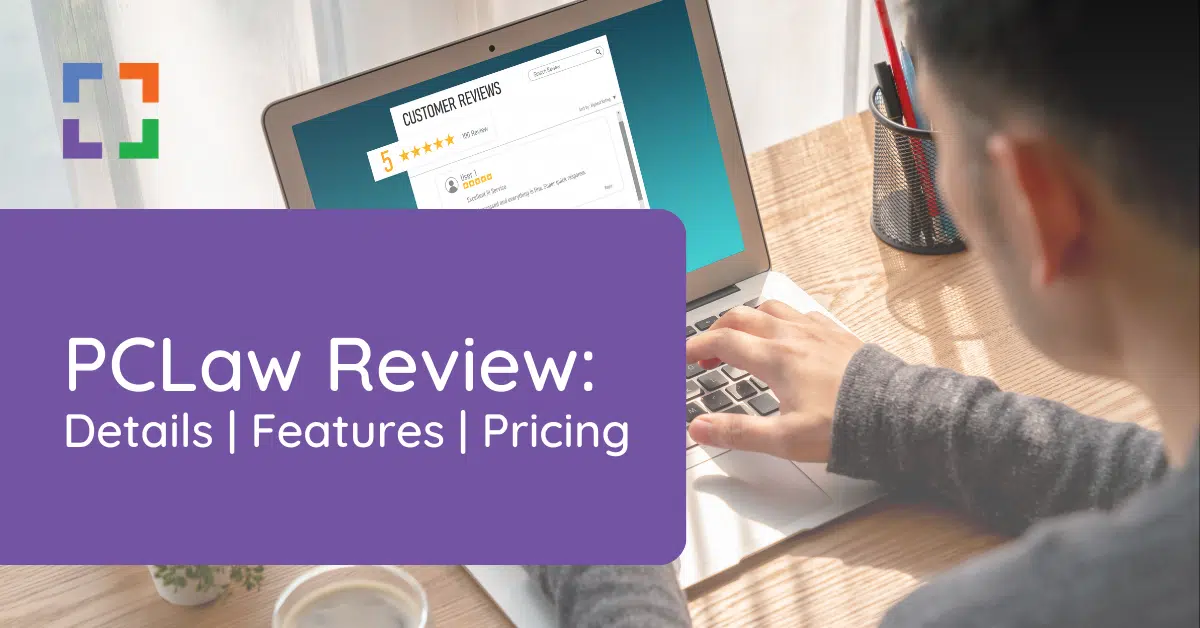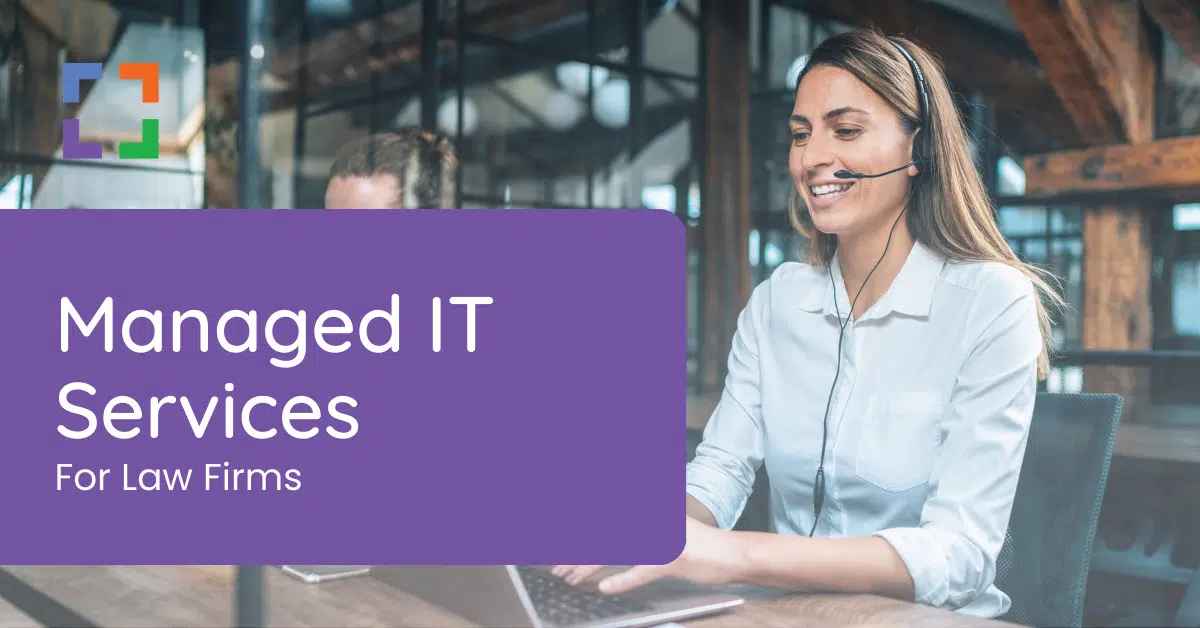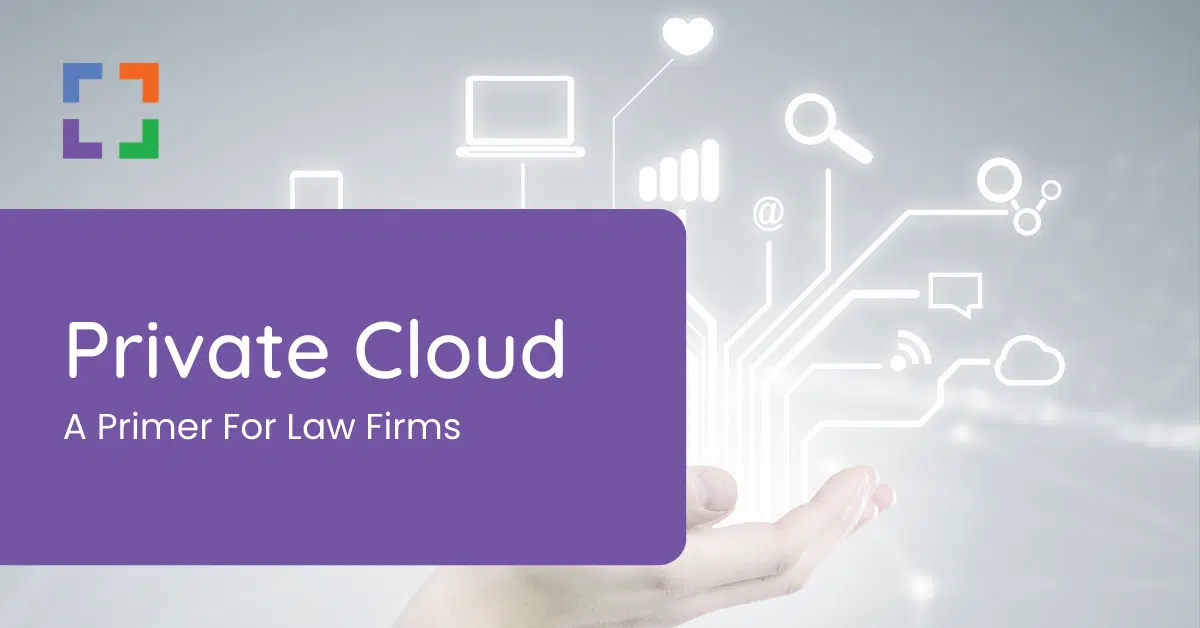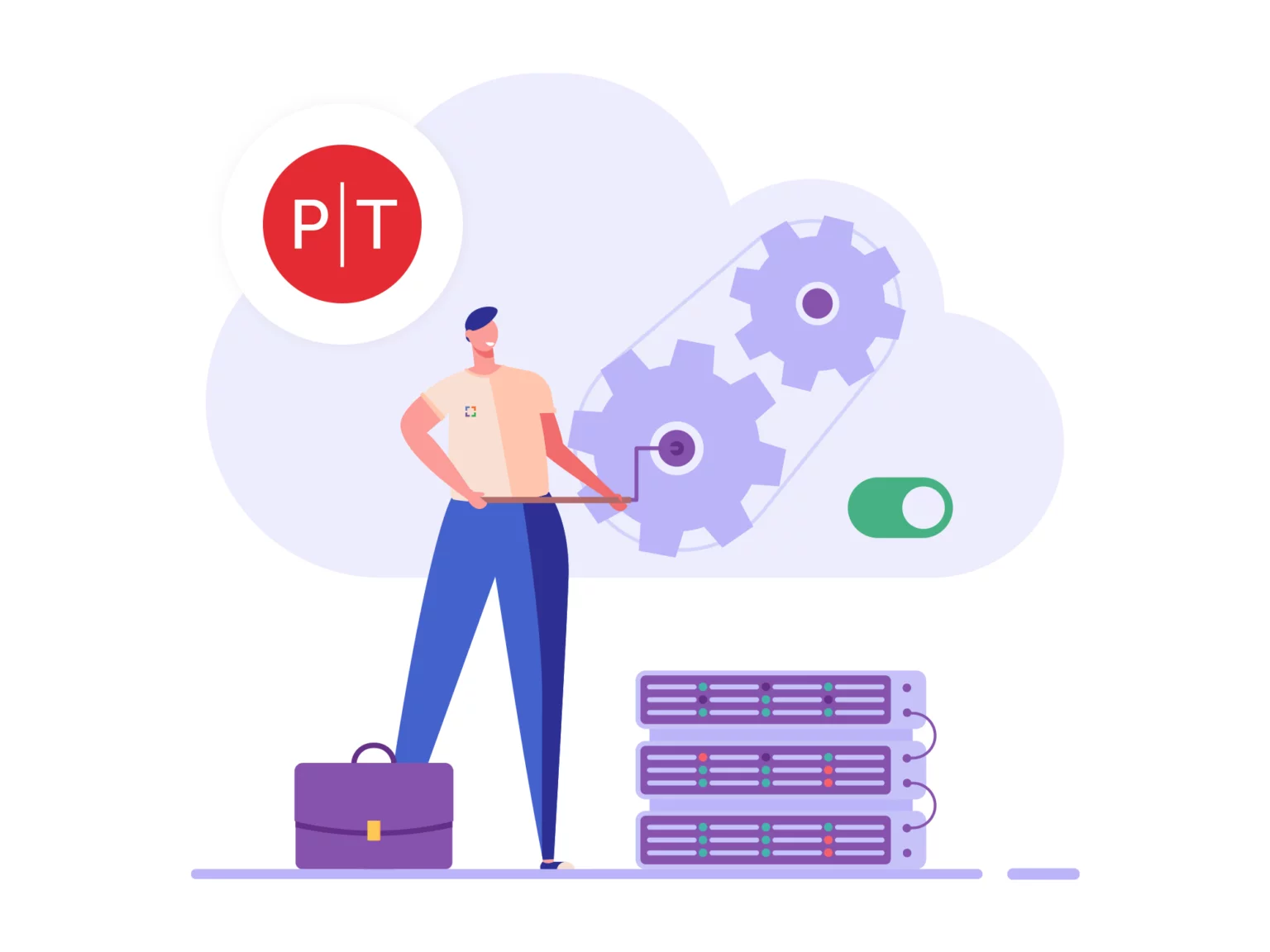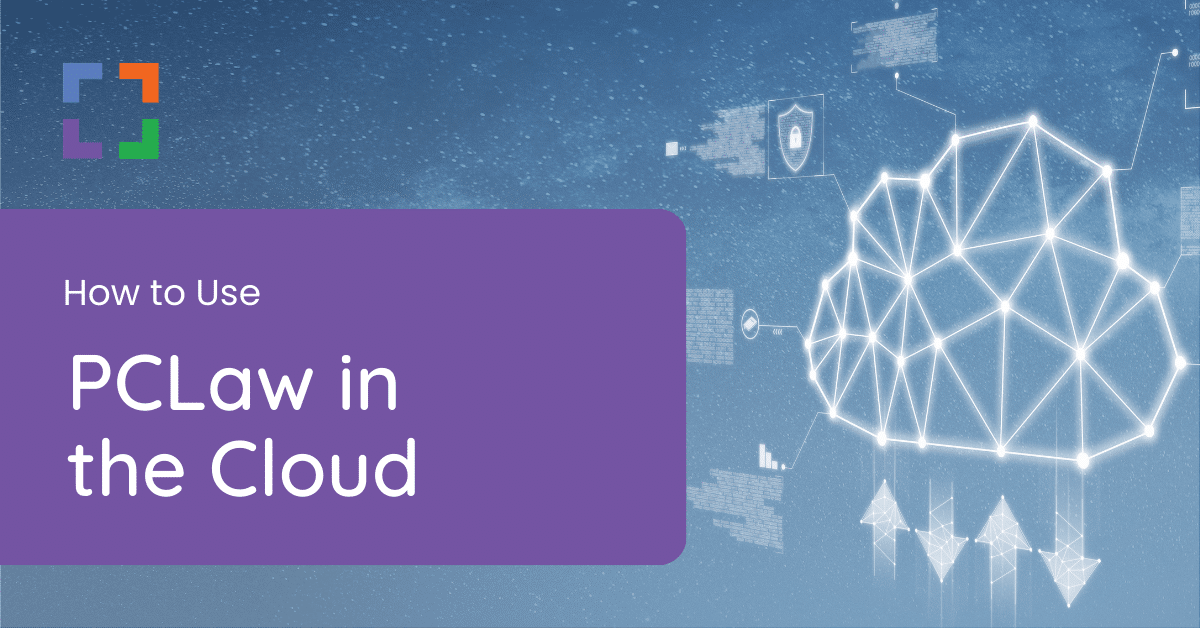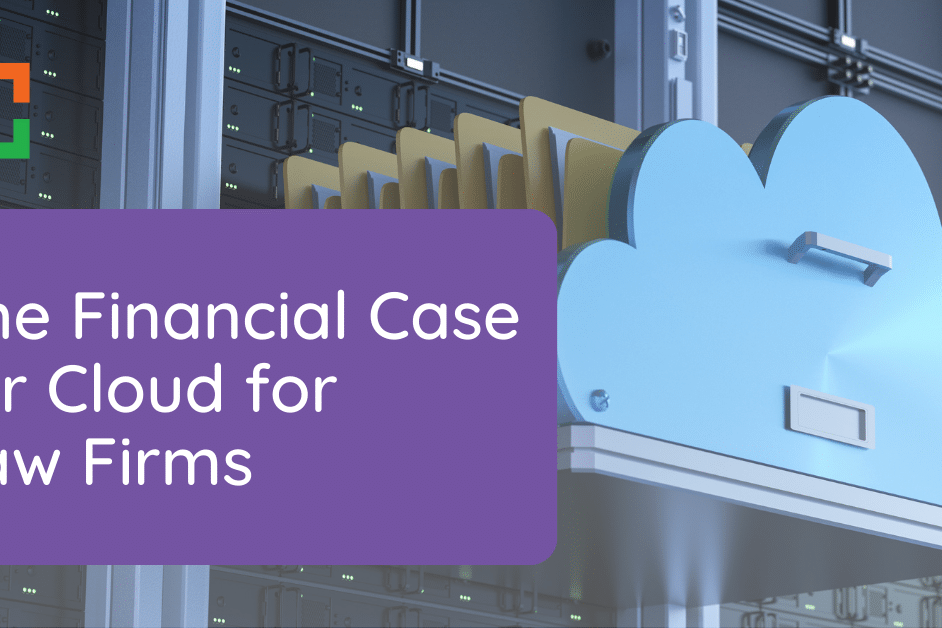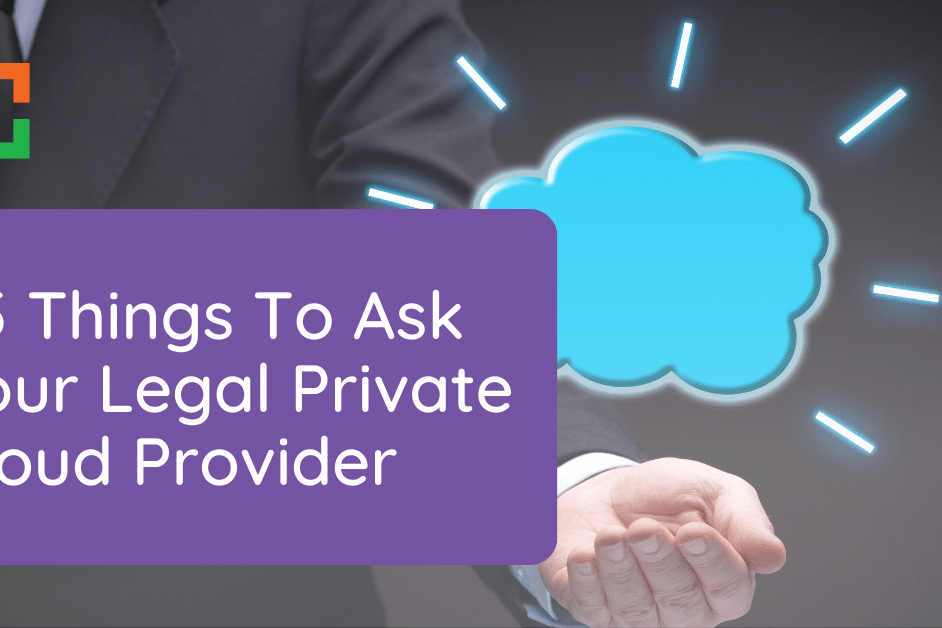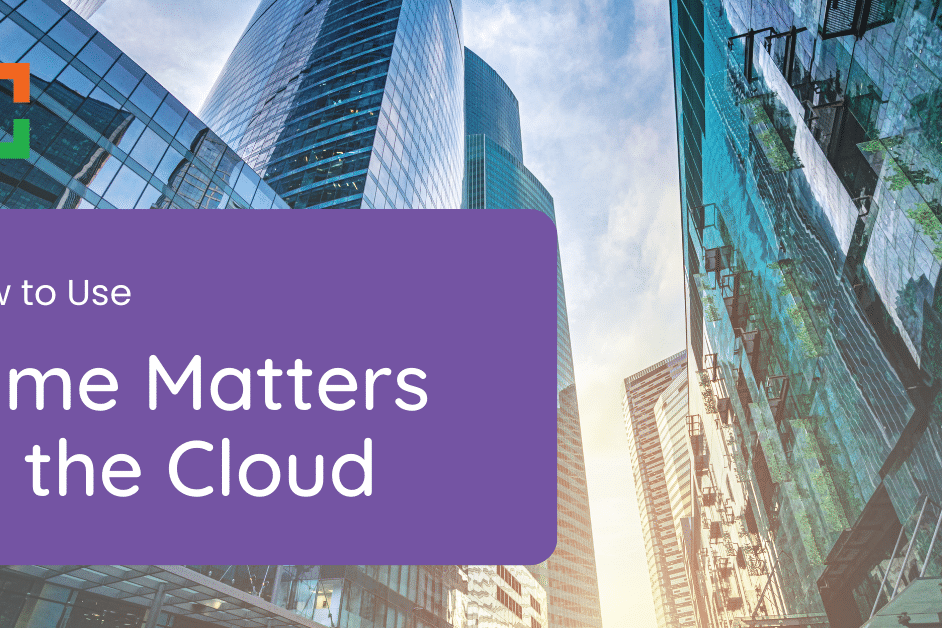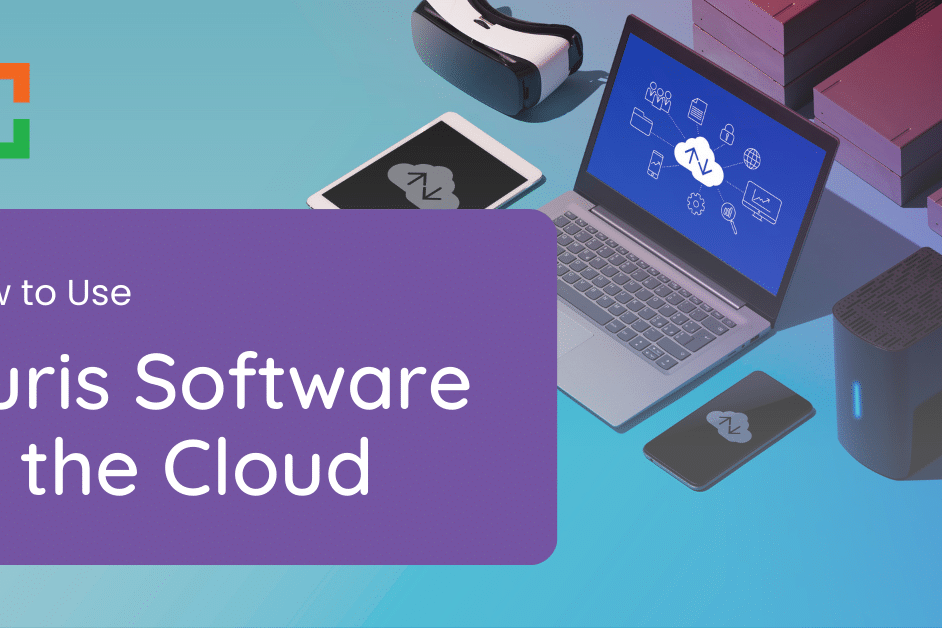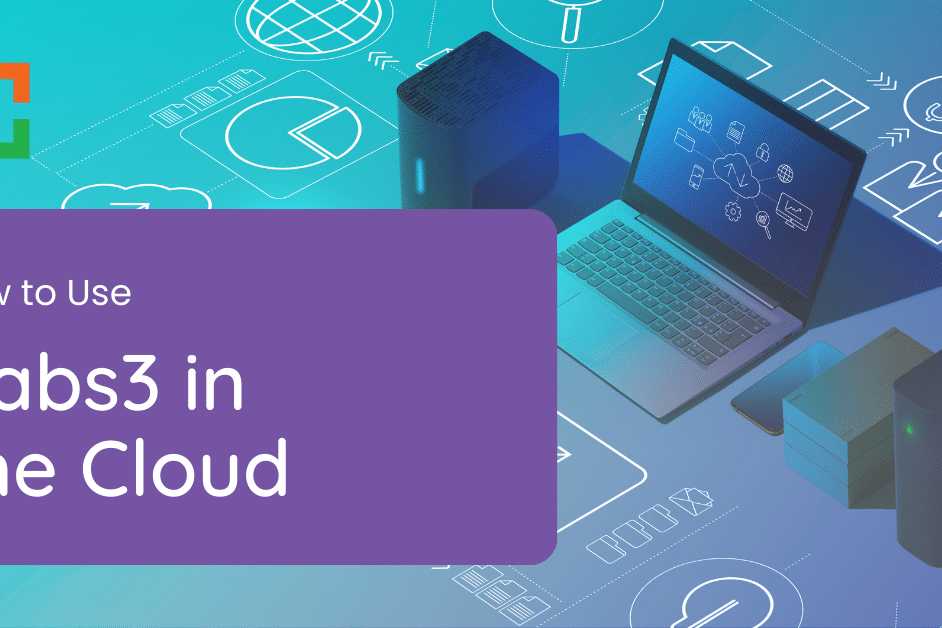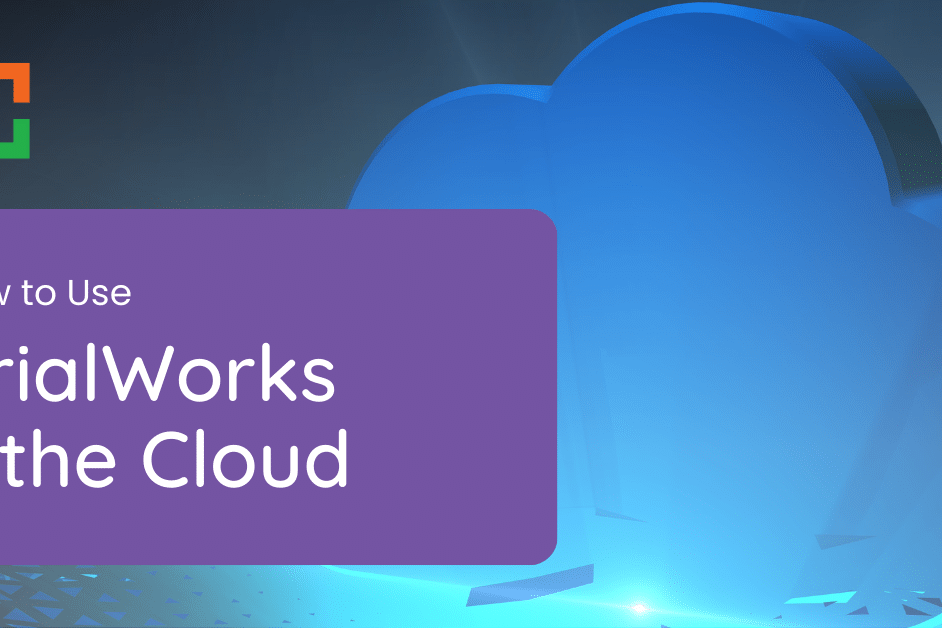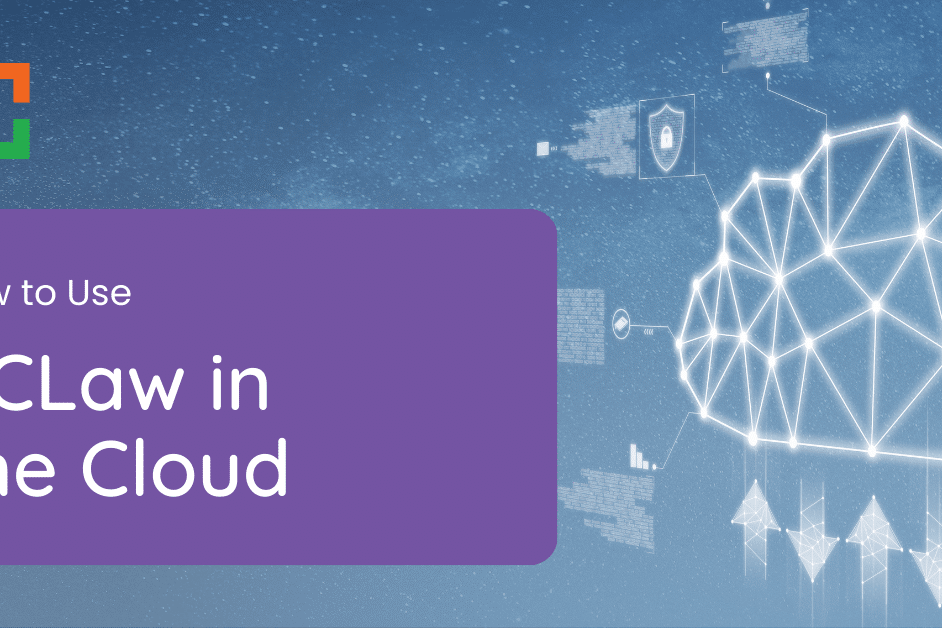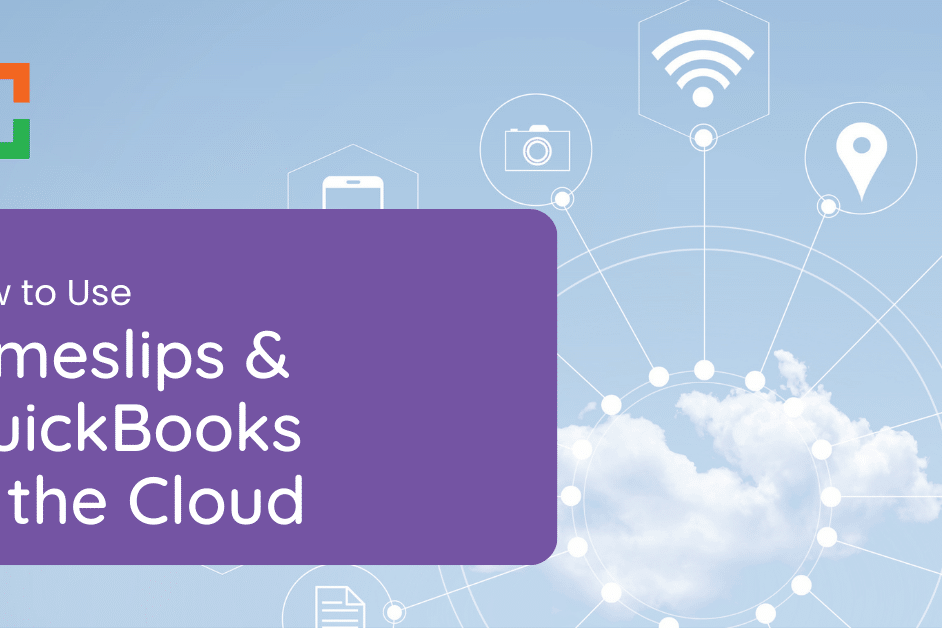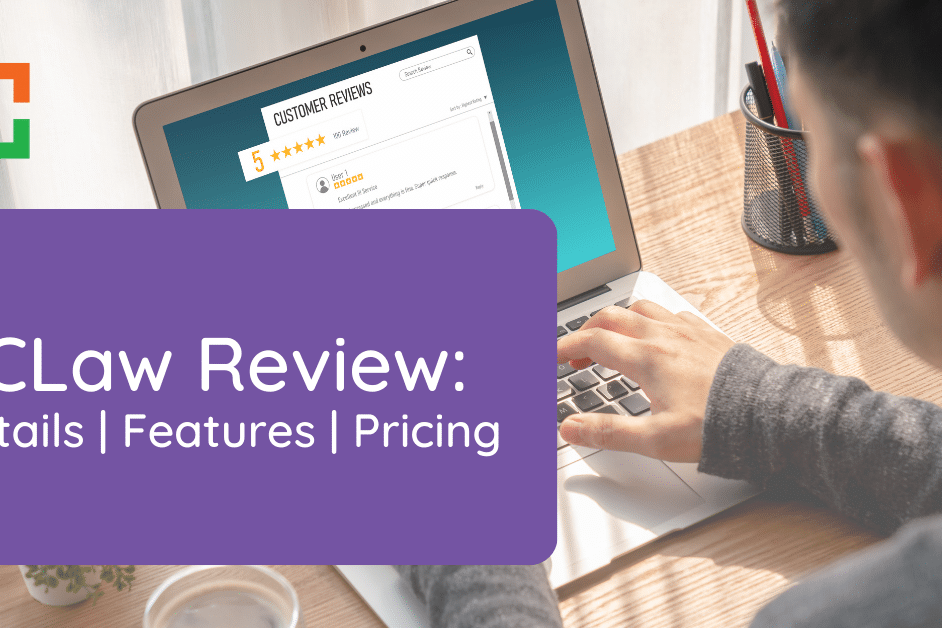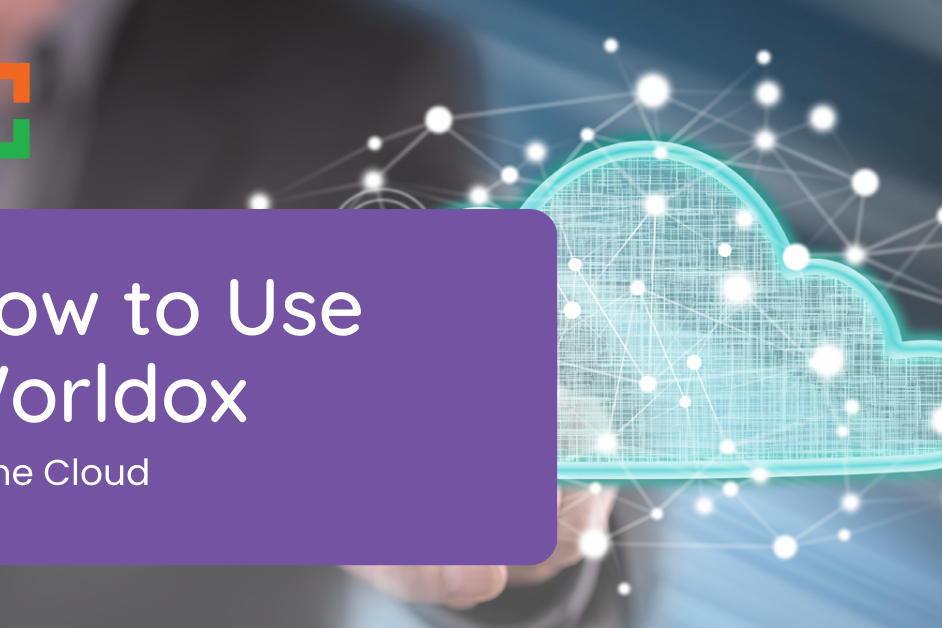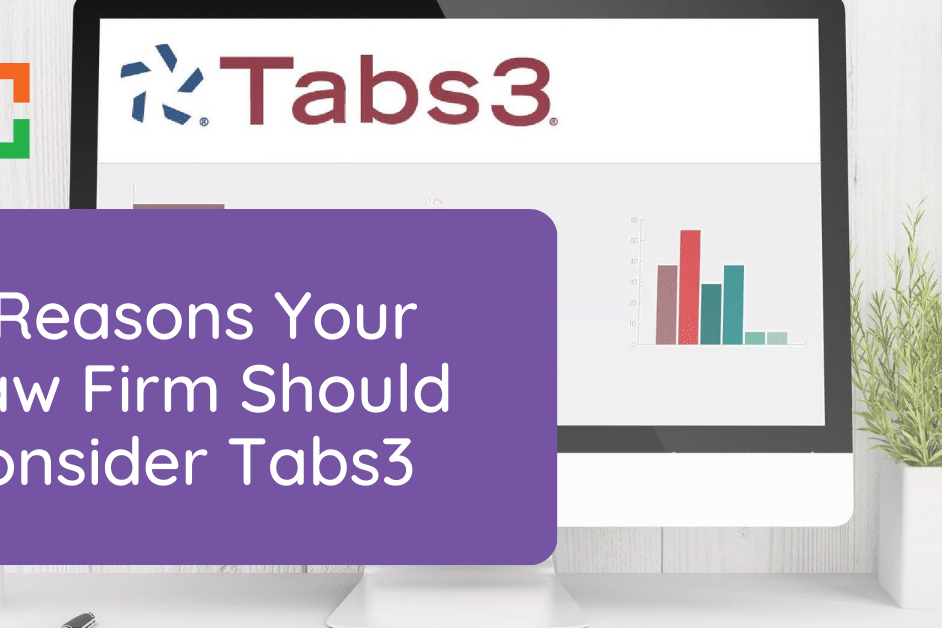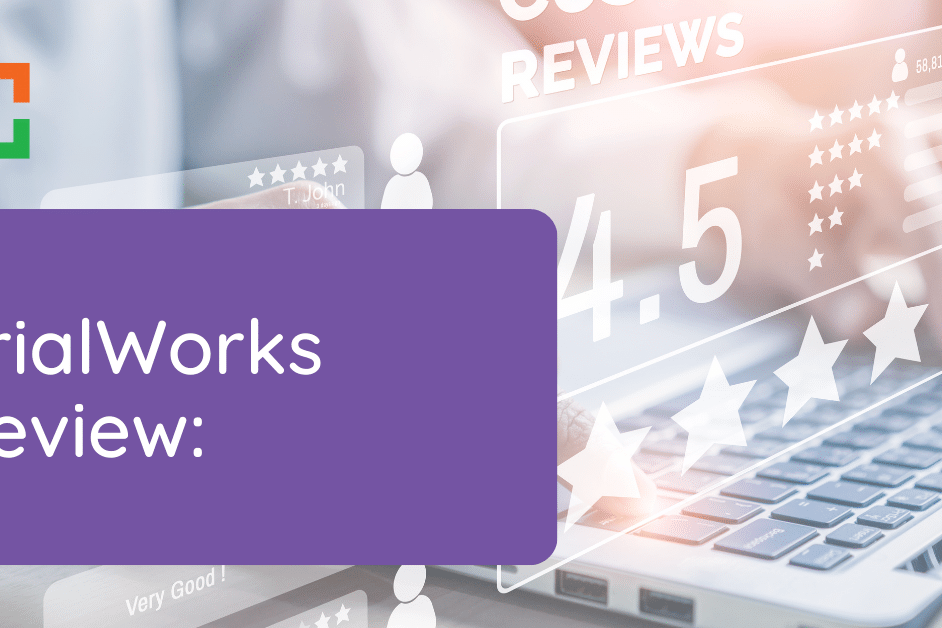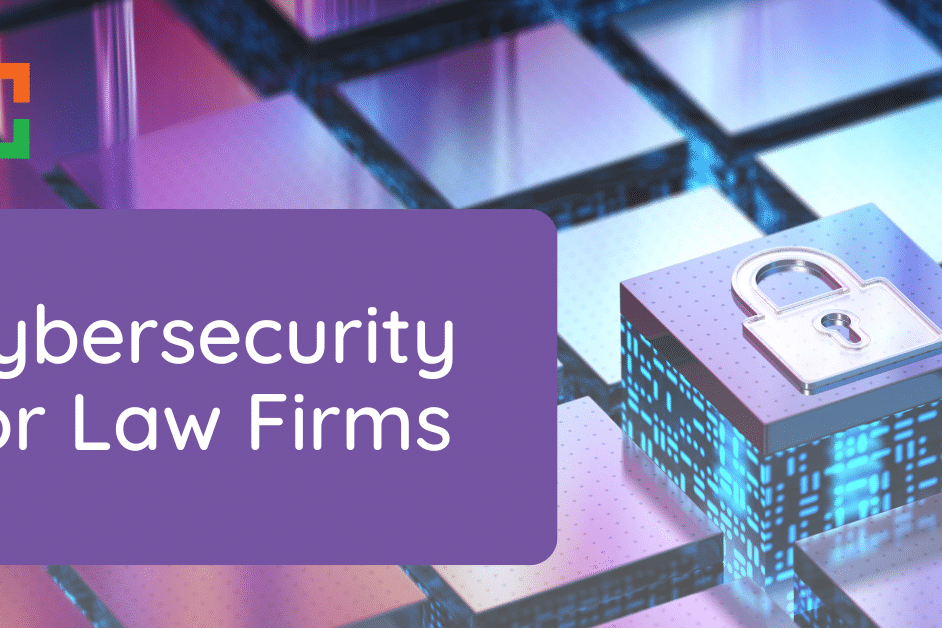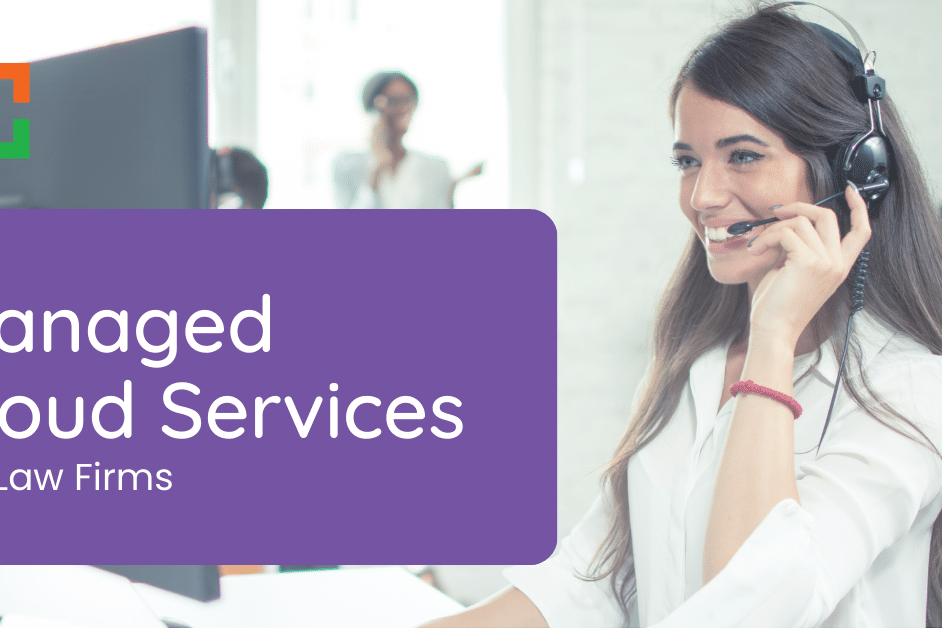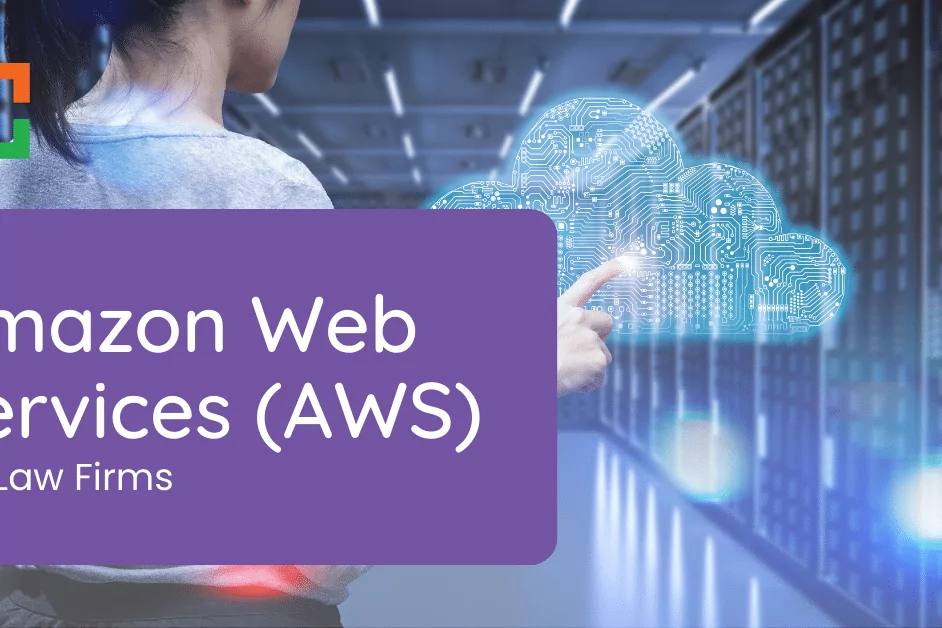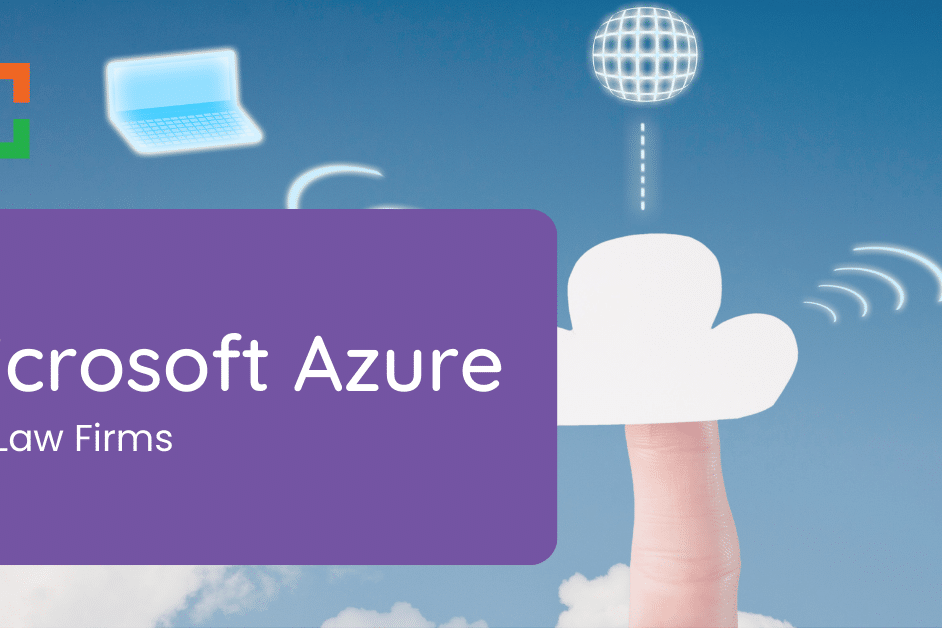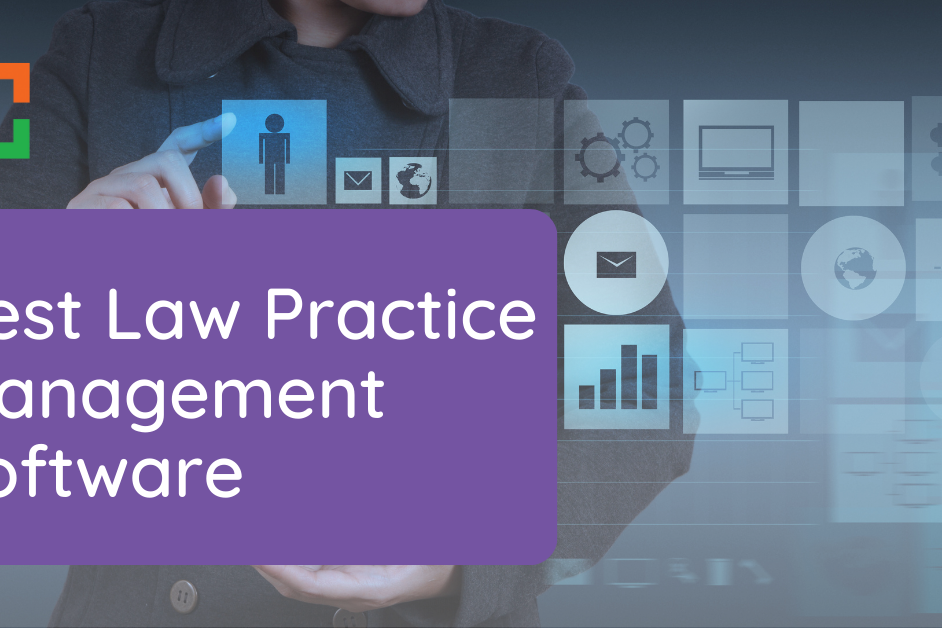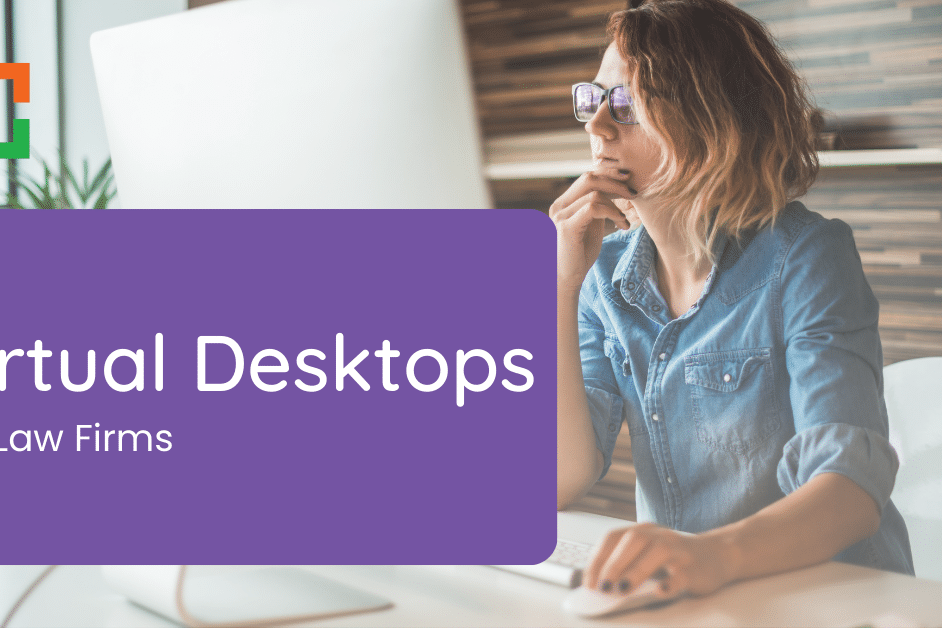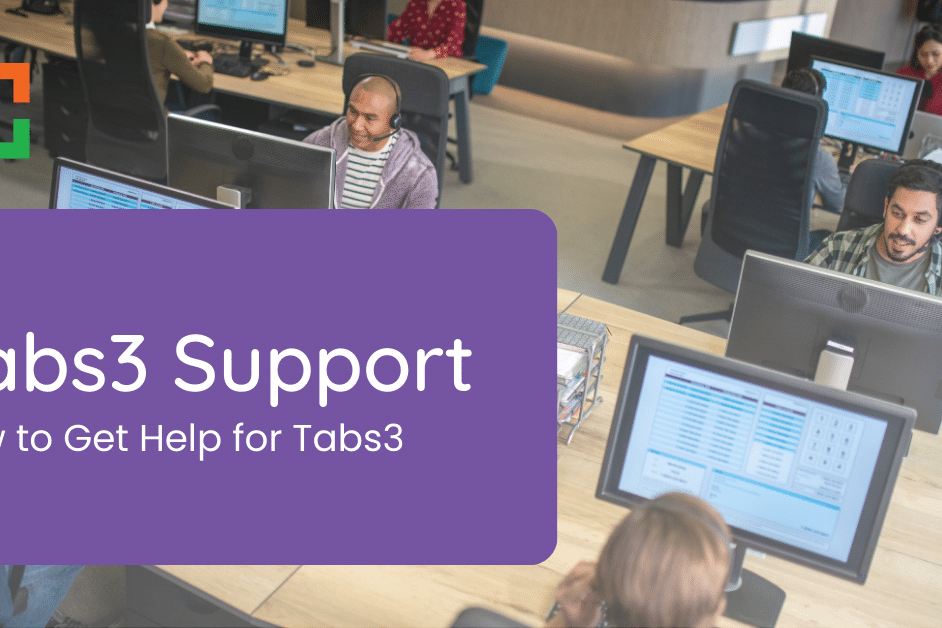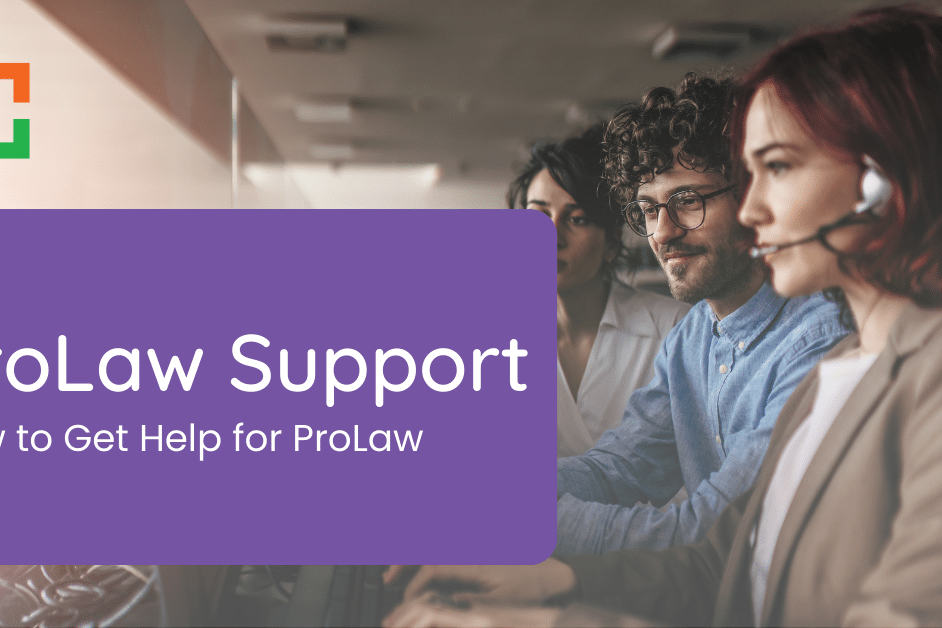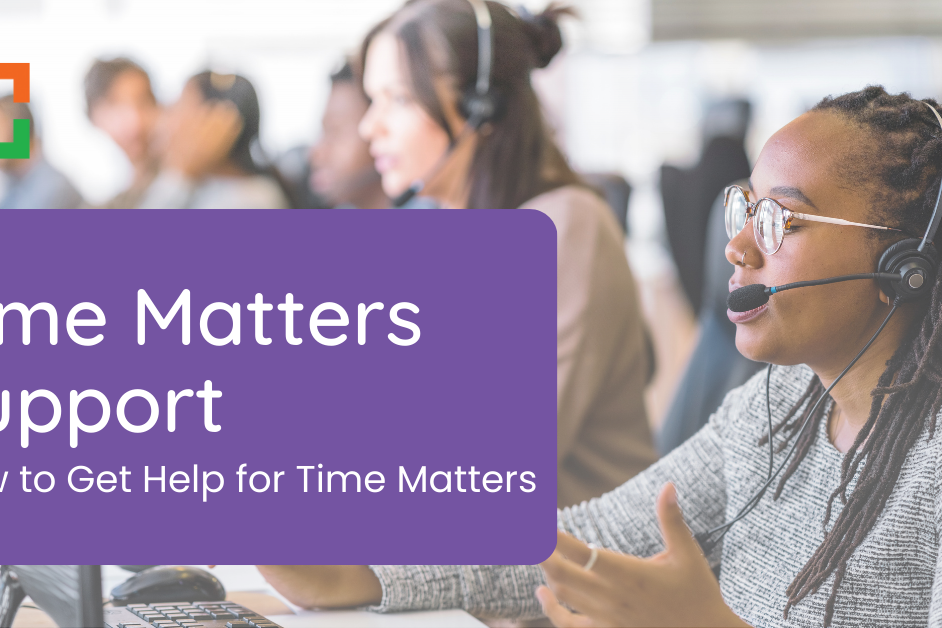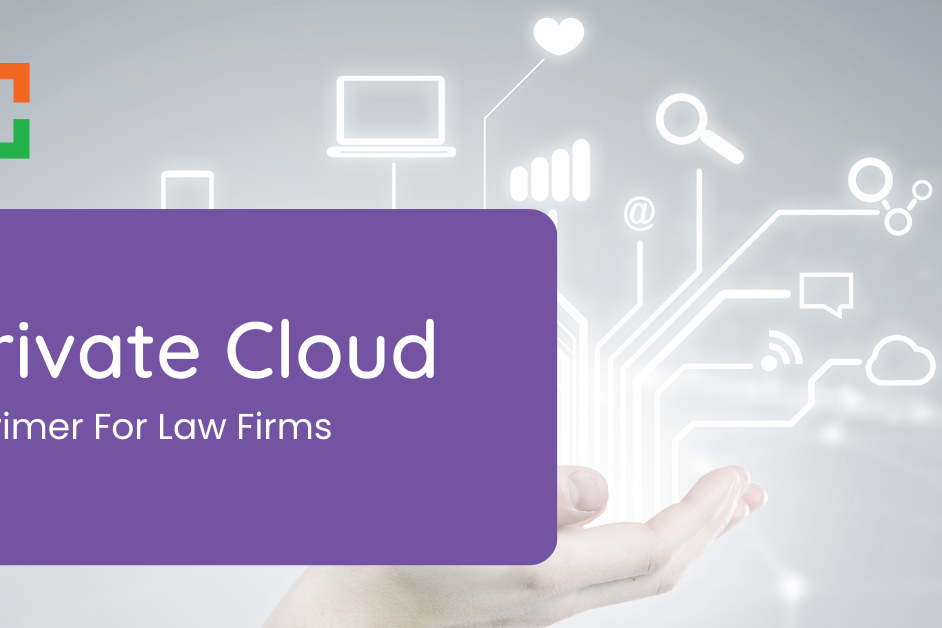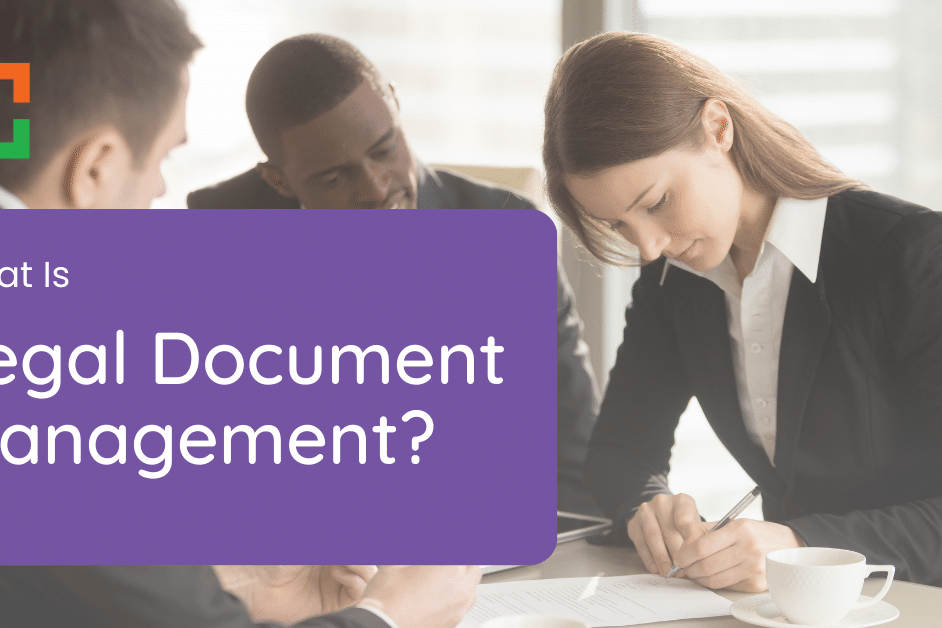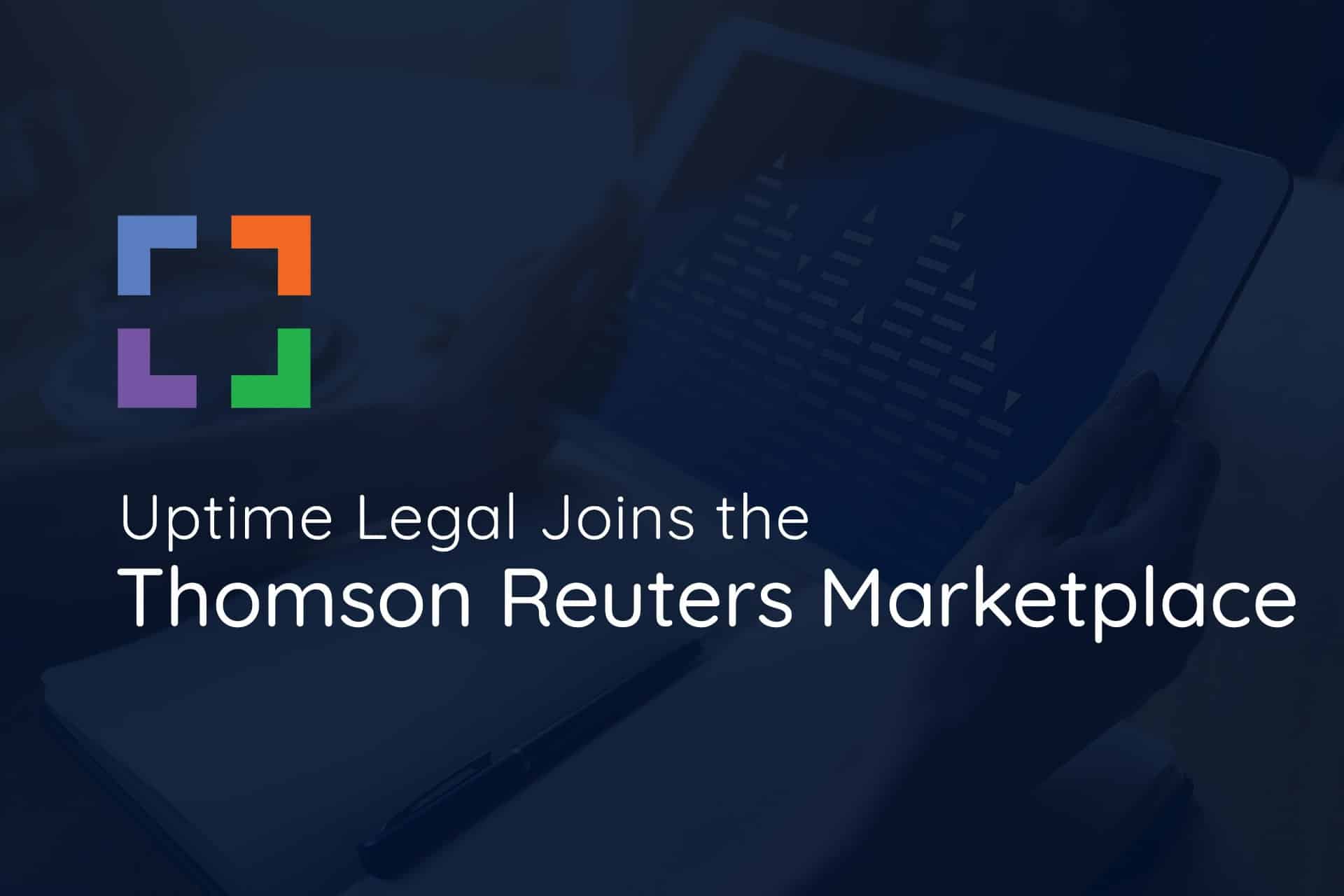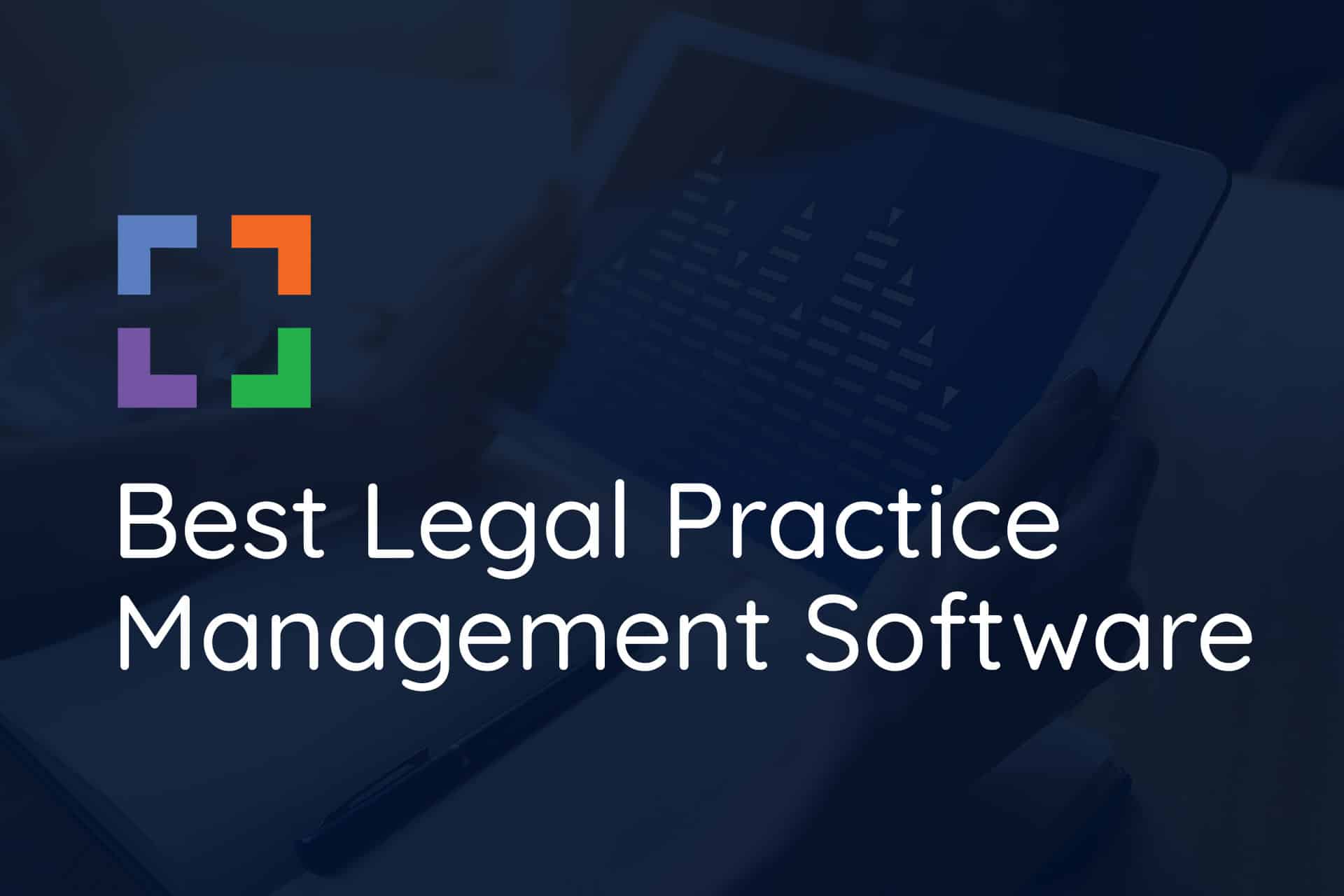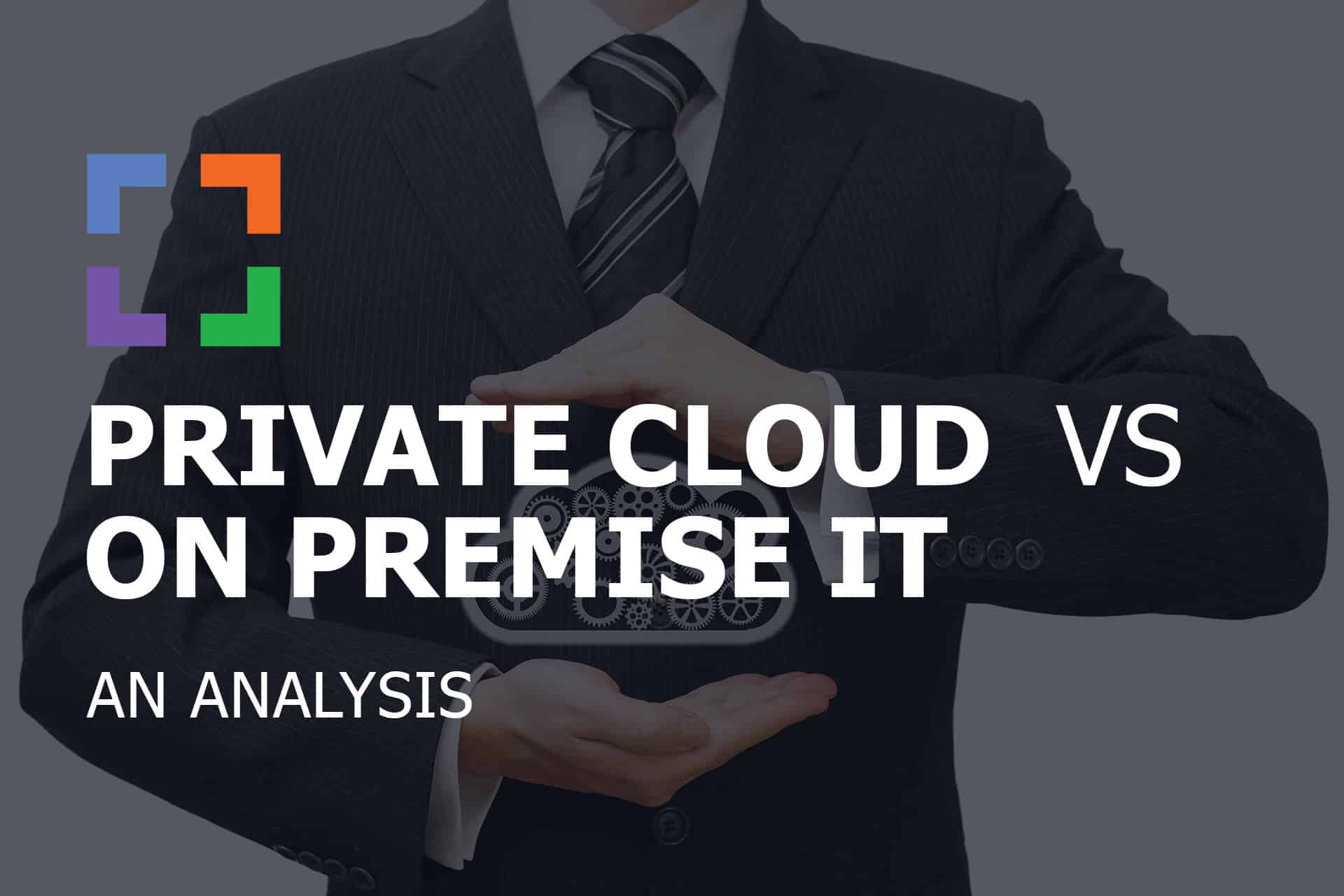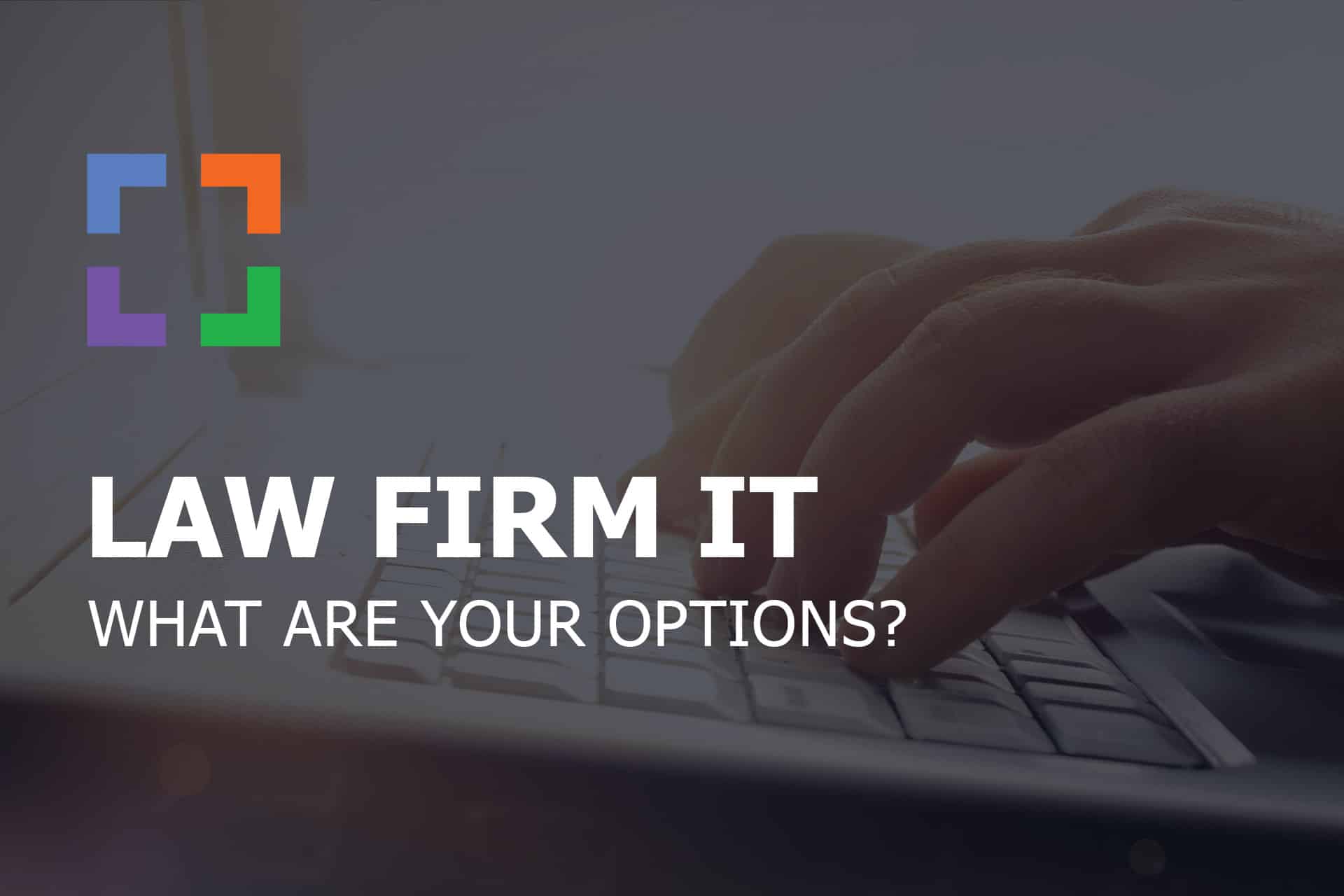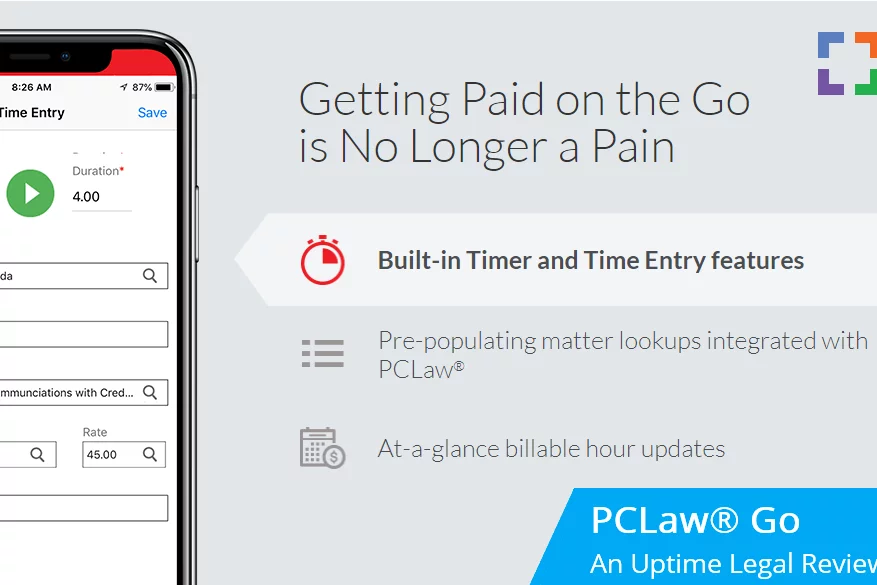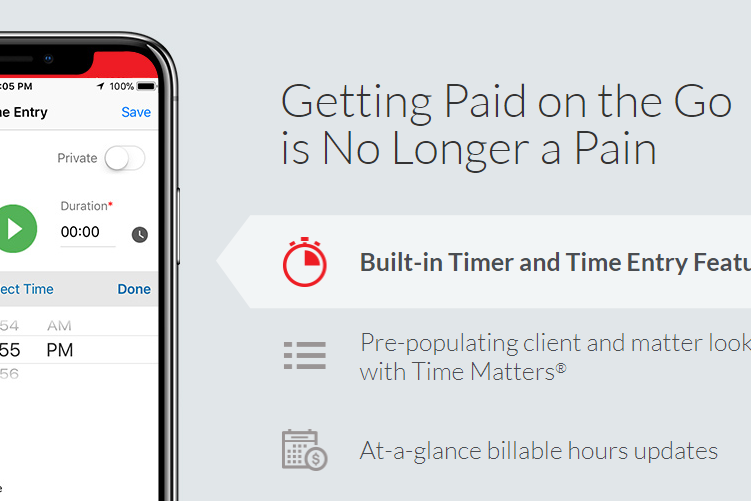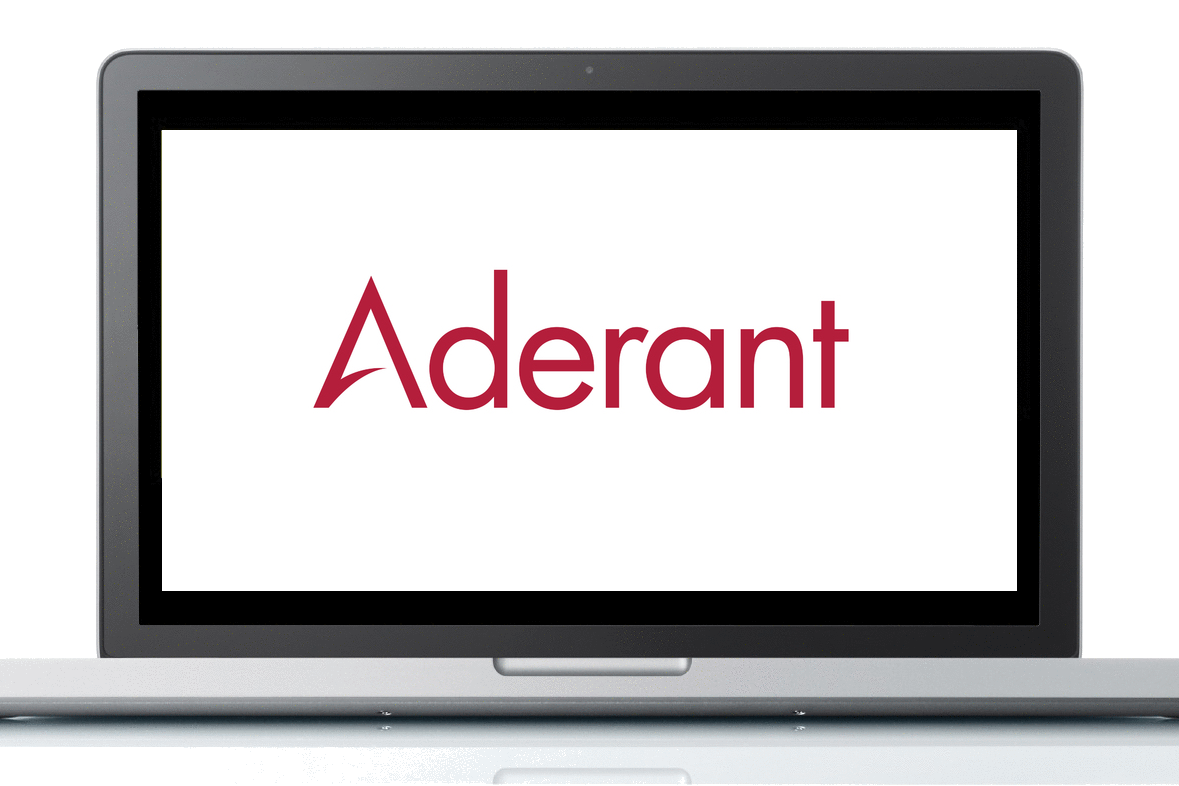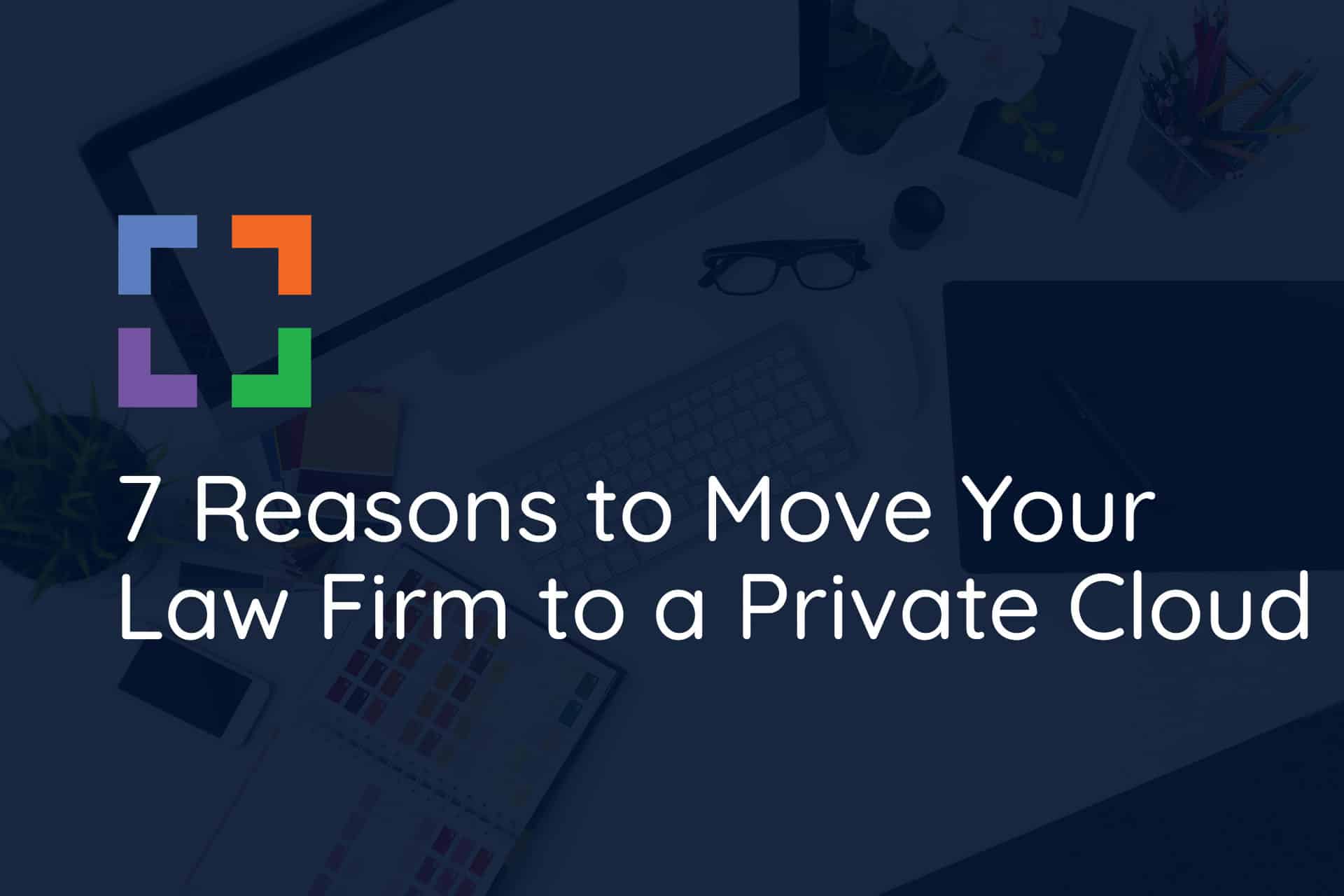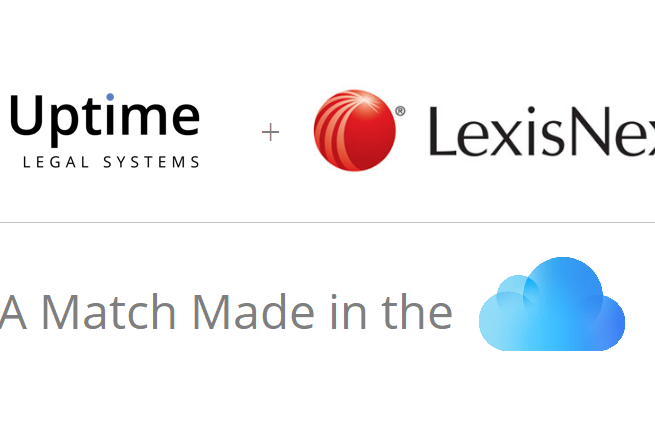PCLaw Support – How to Get Help for PCLaw
 We’ll be discussing PCLaw Support today. PCLaw, a product by LexisNexis, is a comprehensive legal practice management and accounting software application.
We’ll be discussing PCLaw Support today. PCLaw, a product by LexisNexis, is a comprehensive legal practice management and accounting software application.
Navigating the ecosystem of support for PCLaw can be challenging.
With LexisNexis, the community of PCLaw consultants, and IT consultants all offering their services, determining the best route to procure PCLaw support can be perplexing.
In this article, we’ll discuss the different options available and provide strategies to secure the most effective PCLaw Support. We’ll explore the various resources, from official channels to third-party providers, and offer guidance on how to select and utilize these services to get the best support for your PCLaw system.
By the end, you’ll have the answers to:
- Why does reliable support for PCLaw matter?
- Who should you reach out to when you require PCLaw support?
- Who can provide training?
- What do you need to know about hosting solutions?
- Is a private cloud or virtual desktop the best option?
- and more!
Whether you’re a seasoned user or a firm just beginning to implement PCLaw, this guide will help you optimize the use of this robust software and improve your firm’s efficiency and productivity.
Introduction: The Best PCLaw Support
PCLaw provides strong billing and accounting capabilities, also referred to as “back-office” functionality, along with efficient and user-friendly case, client, and calendar management features, known as “front-office” functionality.
PCLaw has gained significant popularity in both the US and Canada, thanks to its longstanding presence in the market and the ease with which it can be set up and utilized. Its user-friendly nature and comprehensive capabilities have contributed to its large market share and popularity.
Further enhancing its appeal is the extensive network of third-party consultants and technology providers who are proficient in implementing the software, training your team on its use, and even managing your bookkeeping tasks.
Having this extensive support is an important factor into determining your overall success with PCLaw. Choosing the best support option for your law firm will require investigation and understanding of the various pros and cons attributed to each route.
Let’s dive in!
Related – PCLaw Review: Learn about the features, utilization, and getting PCLaw for your law firm.
The LexisNexis Software Ecosystem
Let’s first delve into where PCLaw is positioned in the vast expanse of legal software.
LexisNexis offers a plethora of legal software products designed to cater to a variety of needs, corresponding to the differing sizes and types of law firms. Acknowledging that not every legal practice requires every feature of every application, LexisNexis has crafted a range of products to satisfy diverse needs and ensure seamless integration among them.
Take, for instance, the many law firms that appreciate PCLaw’s robust accounting capabilities paired with its simplified, lightweight Practice Management feature. However, this combination may not be the perfect fit for all law firms. Some law firms require more comprehensive features for managing their cases, such as rules-based calendaring (docketing), document/form assembly, and custom matter screens.
Time Matters, another widely used LexisNexis product, focuses on detailed case management without incorporating any accounting features. This makes it a valuable companion to PCLaw, with the two working together in a front-office/back-office configuration to provide a complete solution.
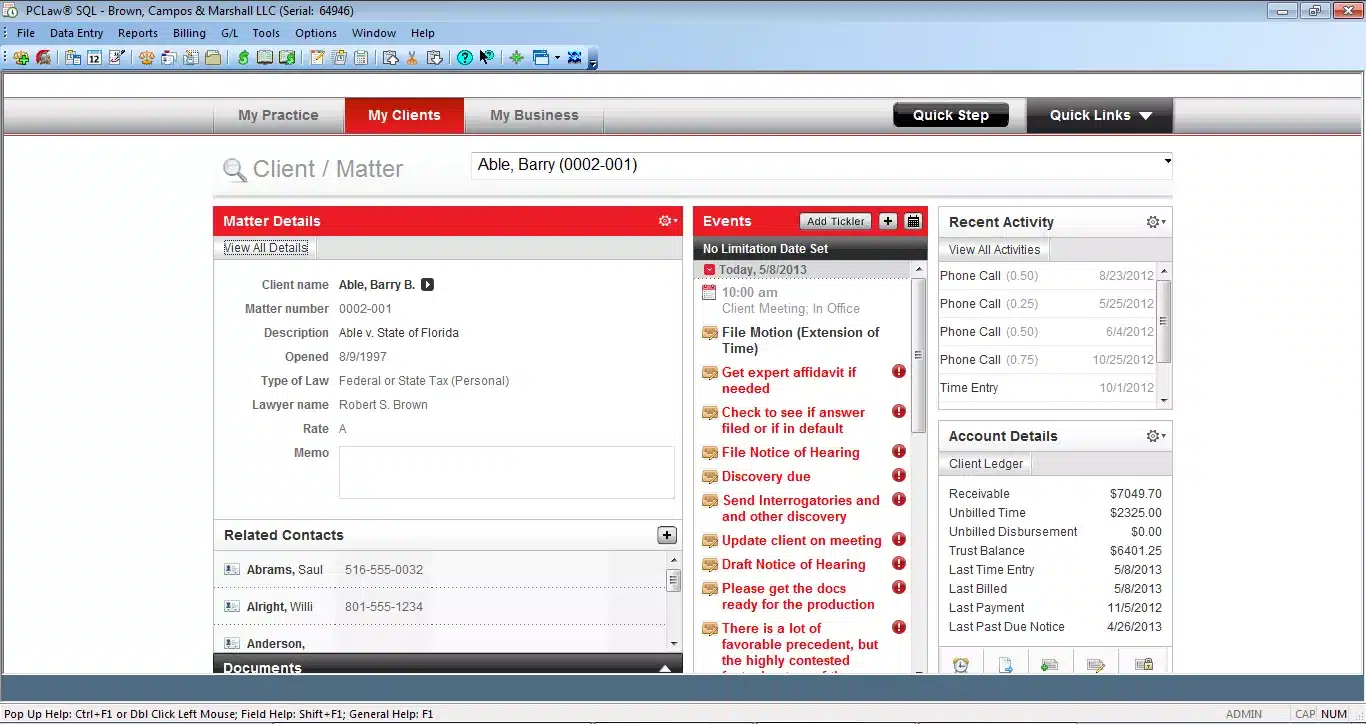
Up-and-Running Quickly
Despite PCLaw’s extensive functionality within time tracking, billing, business accounting, and trust accounting, it stands out for its ease of setup and use. PCLaw is not built for extensive customization, a quality that many law firms appreciate.
With its straightforward installation process, you can be up and running within minutes. It’s designed to do what it does well without overcomplicating things.
If you’re familiar with basic bookkeeping and accounting, you can set up your chart of accounts, billing tiers, and other features without needing external assistance. This simplicity and user-friendliness make PCLaw an attractive choice for many small and mid-sized law firms.
But Then What?
Even with its intuitive interface and easy entry, LexisNexis recognizes that you might still require support at some stage in your firm’s journey. Perhaps you need a little assistance as you first implement PCLaw, or maybe you’re transitioning to PCLaw from a different case management system.
Alternatively, you might want to outsource billing and bookkeeping tasks. To cater to these diverse needs and provide a wide range of support options to users of its software products, LexisNexis has established the Certified Independent Consultant (CIC) program.
Under this program, software and IT professionals can receive training and certification on LexisNexis products, including PCLaw. This ensures you have access to expert help when you need it, further enhancing the appeal of using PCLaw for your law firm’s needs.
Related – Managed IT Services for Law Firms: Effective IT services can transform the operations of a law firm. Learn how.
PCLaw is owned and sold by LexisNexis. You can buy it directly from LexisNexis, or from a Certified Independent Consultant, as described above. Once you have it, you’ll need to (a) if you’ll need any outside help setting it up and/or on an ongoing basis, then (b) determine who is best suited to help you, and finally (c) where to host it (on your law firm’s servers or in a private cloud).
You’ll also want to subscribe to the PCLaw Annual Maintenance Plan (AMP), an annual subscription that gives you access to the latest version and updates for PCLaw, as well as support and training resources.
PCLaw Support Options
As a user of PCLaw , you have three distinct avenues for obtaining PCLaw support. You can use one or any combination of the three, depending on how your firm uses PCLaw and the level of support your firm needs.
Getting PCLaw Support
LexisNexis
When you purchase PCLaw and keep up your Annual Maintenance Plan (AMP), you are entitled to product support directly from LexisNexis. This support includes help desk support and access to the PCLaw online knowledge base and training materials.
This PCLaw support option is a good fit when your firm’s support needs are occasional, and are usually limited to “how do I” questions or quick fixes.
Especially considering its included in the cost of your AMP — I always recommend a firm take advantage of this method, in addition to others as necessary.

Certified Independent Consultants (CIC’s)
As I described earlier, there are also many third-party consulting and professional service groups out there: LexisNexis’s network of Certified Independent Consultants.
These are legal software and technology professionals that have obtained the training and certification necessary to implement, support and (in some cases) provide accounting work for and in PCLaw. CIC’s are sometimes consulting firms, sometimes independent/solo consultants. CIC’s often excel at more of the in-depth, hands-on PCLaw support services, especially implementing PCLaw into your firm’s processes and workflow.
While day-to-day support for PCLaw is provided by LexisNexis as part of an AMP — many law firms still retain their CIC to provide PCLaw support exclusively, even though they’re entitled to support from LexisNexis directly.
CIC’s do charge for IT services for law firms (and its worth it), so be sure to budget accordingly.
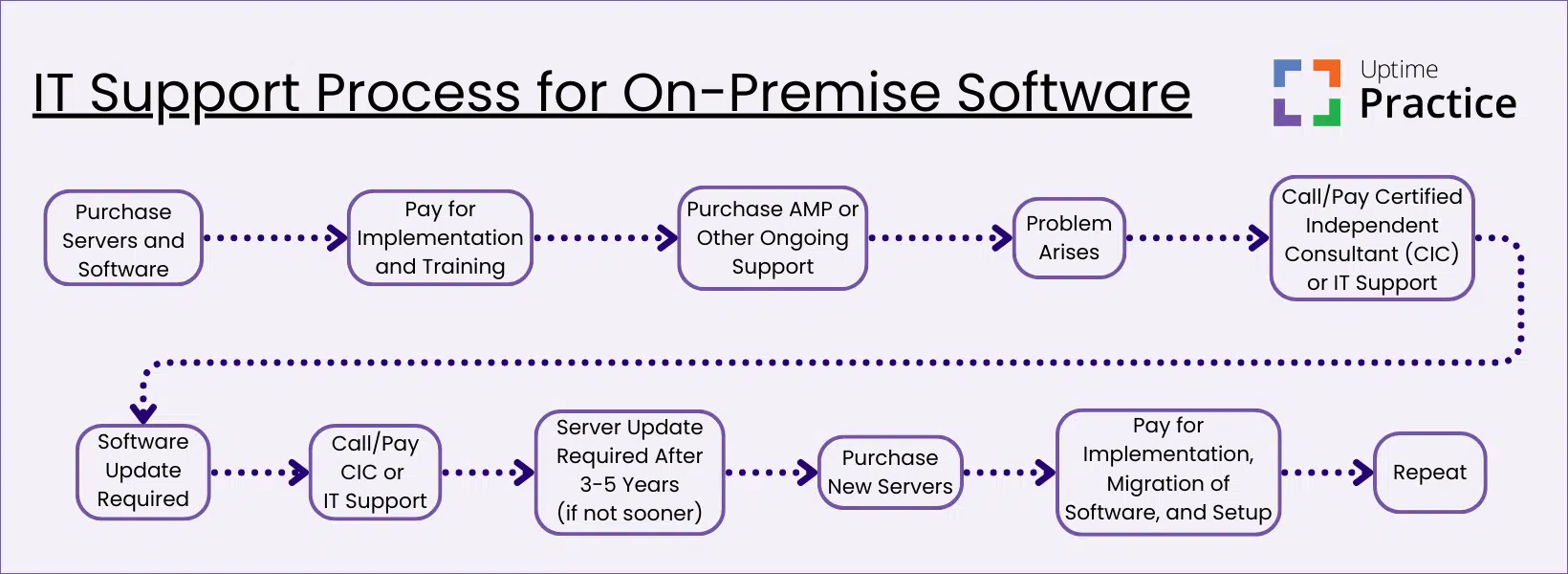
Private Cloud
Finally, there’s a private cloud. A private cloud is the (often better) alternative to owning and managing onsite servers and IT.
A private cloud will host your PCLaw, other legal apps, documents and email on a single system that your firm can access anywhere… all without the headaches of managing onsite IT. The right legal-centric private cloud platform will be engineered specifically to host PCLaw, and all necessary PCLaw support, updates, and maintenance will be included in the service.
A legal-centric Private Cloud is a good fit if your firm needs to be mobile, needs the enhanced security of the Cloud, wants to get out of the business of managing server and It, and wants their IT, hosting, and PCLaw support rolled into a single package, delivered by a single provider.
The right private cloud platform will include:
- PCLaw hosting, maintenance (including software updates) and support
- Hosting for your other legal and business software
- Microsoft Office – built-in, for each user
- Exchange email – for each user
- Unlimited IT and software support
- Local antivirus and network support
- Storage for your PCLaw database, documents and other data
- SQL Server – required by the latest version of PCLaw
A legal-centric private cloud solution is a great fit for many law firms. A word of advice, should you go down this path: Make sure your chosen private cloud vendor is authorized to host PCLaw and has experience hosting, supporting, and maintaining the software.
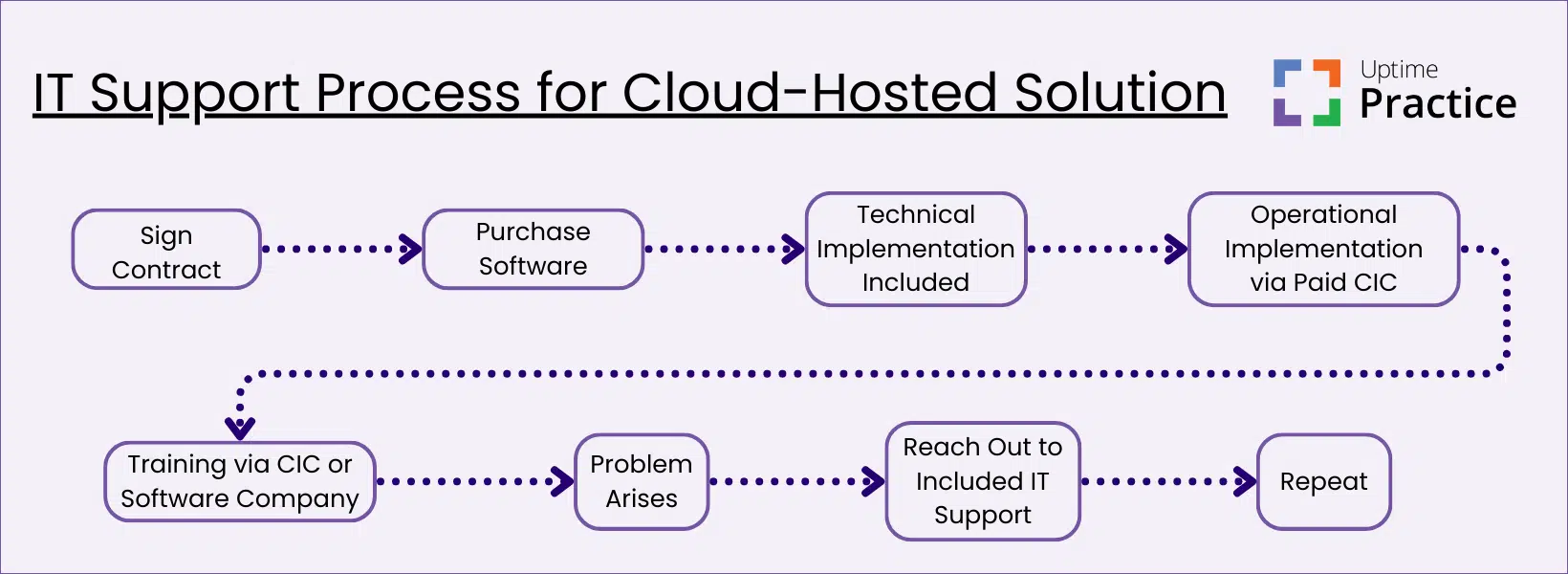
Related – Private Cloud – A Primer for Law Firms: Read this article to have a better understanding of what a private cloud is and how it can benefit your law firm.
PCLaw in the Cloud
PCLaw, a robust and comprehensive software for practice management and accounting, has established itself as an indispensable tool for law firms across North America. It effectively streamlines numerous operations such as client management, case handling, billing, and accounting, thereby boosting overall efficiency.
As the modern business landscape increasingly favors remote work, numerous law firms are considering strategies to reduce the cost and complexity of maintaining in-house servers. Their goal is to equip their teams with the capability to work smoothly from any location, eradicating geographical limitations and fostering improved work-life balance.
This emerging trend has sparked a surge in interest in the potential of cloud technology.
In the age of digital transformation, cloud technology can fundamentally alter the way law firms function, offering a range of advantages including cost efficiency, scalability, and enhanced productivity. In relation to PCLaw, migrating to the cloud can morph the software from a server-dependent application into a more accessible, adaptable, and efficient tool.
Let’s delve into how law firms can effectively transition their PCLaw practice management software to the cloud.
Related: As the only Authorized Hosting Provider for PCLaw, consider:
Practice Go
Practice Foundation
CLOUDIFY PCLAW
Just PCLaw in the Cloud: Turn PCLaw into a cloud-based application. Eliminate servers, access PCLaw from anywhere.
FULL PRIVATE CLOUD
All of your software, documents and data in secure Private Cloud. Work in a flexible virtual desktop environment; optionally add Office 365 + support
Cost of On-Premise vs. Cloud-Hosted Software
An important factor to consider is comparing the cost of hosting your own software on-premise vs. having a cloud host take care of it for you.
Between the 2 costs, as you can see in the table below, on-premise software tends to be the more expensive and unpredictable option.
With cloud-hosting, you gain the ability to forget about the maintenance of servers, the maintenance of software, and IT support for your law firm. This is because cloud-hosting providers host your software on their own servers and make regular updates on your behalf. Since they’re in the business of doing so, cutting costs becomes easier and savings get passed onto you.
For a comprehensive understanding and comparison, consider using our Cloud Cost Calculator to help you determine the most efficient, cost-effective solution for your law firm.
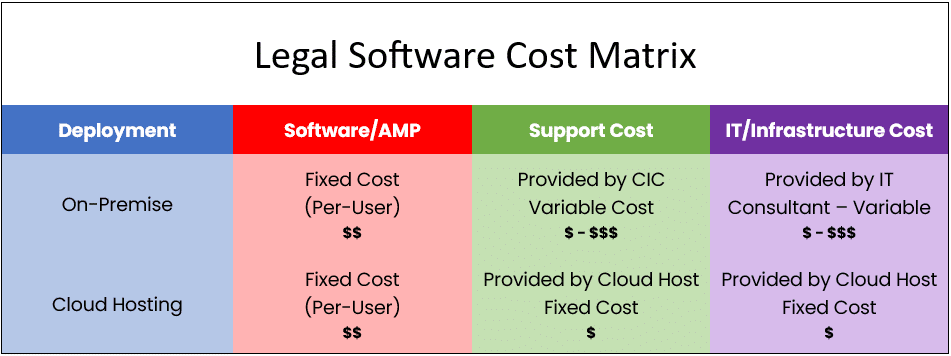
PCLaw as a Cloud App
Law firms using this software need to purchase, upkeep, and manage their own servers to host it — a requirement that hasn’t changed since PCLaw’s creation.
On the other hand, cloud-based software is easily accessible over the internet via a browser, removing the responsibility of server maintenance.
The most direct strategy would be to shift PCLaw onto a basic cloud platform like Practice Go. This service enables PCLaw to operate in the cloud as a web application, thereby doing away with the need for a server.
However, this solution might not always be the best fit, and here’s the reason…
If your law firm relies only on PCLaw or similar standalone software, then this cloud platform would work well. But if your firm needs to use additional software like Time Matters for document management, different strategies would be required for each system or software.
You might find a more inclusive solution, like using a Private Cloud or Virtual Desktop, to be more effective for your firm’s needs.
For more information on these alternatives, keep on reading!
Related – PCLaw as a Cloud App: A Secure Cloud Platform for PCLaw. Eliminate Servers. Work Anywhere.
PCLaw in a Private Cloud
But before we jump into that, let’s briefly differentiate between cloud-based (or web-based) software and desktop/server-based software.
In the era before cloud computing became prevalent, the majority of software worldwide, including practice management tools like PCLaw, was installed and operated from the firm’s on-site servers and accessed through the desktop computers of each employee. The “engine” or core elements of the software, including the database, resided on the server. This necessitated the presence of a server to run premise-based software like PCLaw.
In other words, the ownership and maintenance of a server became an essential prerequisite for using such software. Managing servers and in-house IT was seen as a necessary burden to bear for law firms wishing to utilize law firm management software.
This was simply the status quo.
However, things have changed today. We now have a technology known as a Private Cloud. A Private Cloud is a hosted, managed IT platform that fulfills the same role as a server or even exceeds it. It hosts a law firm’s legal applications, documents, emails, and more while offering superior mobility, reliability, and security.
Server-based software like PCLaw still requires a server — that’s a constant. However, in the case of a private cloud, the private cloud effectively becomes the server.
To be more specific, a typical law firm private cloud for PCLaw will often include:
- Hosting for PCLaw and your other legal software
- Cloud storage – a file-system for your files and folders
- Support for PCLaw and your legal software – including updates and maintenance
- Office 365 – for productivity
- Microsoft SQL Server — Required by Some Versions of PCLaw
- Exchange Email
- All necessary server maintenance, backups and security
- IT Help Desk support for your team
Related: Moving PCLaw to the Cloud
The “Private” in Private Cloud
The “Private” in Private Cloud
Private Clouds are so-called because every law firm (called a “tenant,” in cloud computing parlance), has their own segregated, dedicated working environment.
In most cases, that means:
- Dedicated/Private Virtual Servers
- Dedicated/Private Virtual Network (VLAN)
- Dedicated/Private Active Directory
- Dedicated/Private SQL Server/SQL Database
For those unfamiliar with these technologies, the practical upshot is that your law firm has its own private, secure space for its software, documents, and data, distinct from other law firms. This brings an extra layer of data security and privacy for your firm.
Related – How to Use PCLaw in the Cloud: Using PCLaw is great, and it’s even better in the cloud. Learn more.
That’s the “back-end” of running PCLaw in the cloud. You and your team will interact with the Private Cloud via what’s known as a Virtual Desktop.
PCLaw in a Virtual Desktop
We’ve already discussed the merits of operating PCLaw in a cloud-based environment, and how a Private Cloud can facilitate this transition. But what does it actually mean to function within a Private Cloud? How will each member of your firm interact with this environment?
The answer lies within a tool known as a Virtual Desktop.
In essence, a Virtual Desktop is a cloud-hosted platform that replicates the familiar user interface you’re used to on your Windows or Apple desktop, whether at home or work. It offers the convenience of 24/7 access to your desktop from any location, providing the flexibility to work seamlessly across various devices.
A Virtual Desktop houses all the necessary software applications, such as Microsoft Word, Excel, Outlook, in addition to your specific legal practice management software, accounting software, and document management software.
These applications are readily installed within your Virtual Desktop environment, eliminating the need for local installations and enabling you to carry out your daily tasks efficiently.
As a centralized hub, the Virtual Desktop provides secure storage for your files, a platform for collaboration, and the means to manage your legal workflows. It liberates you from dependency on a specific physical device or location, allowing you to work from any device connected to the internet.
Sometimes, Virtual Desktop solutions are termed as “Desktop-as-a-Service,” or DaaS, a concept parallel to “Software-as-a-Service,” or SaaS.
How Virtual Desktops Work
In a conventional computing setup, the primary software for your law firm is installed directly on your physical, local desktop – the workstation or laptop you use at your office. In this traditional approach, all operations are run locally, with applications installed on your individual computer.
On the other hand, a Virtual Desktop environment typically has minimal, if any, applications installed directly on your local machine.
In most cases, the only item present on your local desktop is a shortcut, which serves as the gateway to your Virtual Desktop.
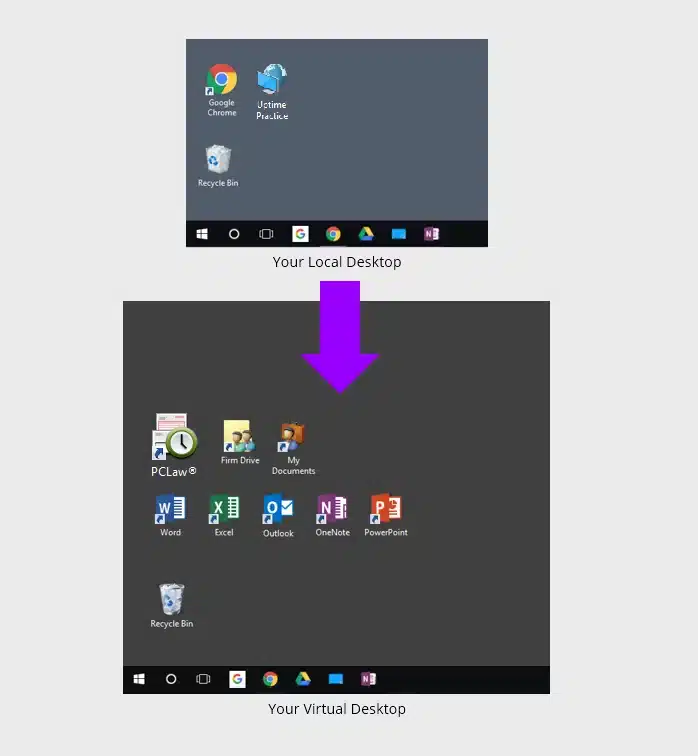
Upon logging into your Virtual Desktop, you or any member of your team can access all of your law firm’s software, documents, and data.
This includes:
- Your PCLaw Software
- Your Other Legal Software
- Your Productivity Software (Microsoft Office)
- Your Documents, Files and Folders
- Your Outlook & Email
This configuration permits your entire firm to access PCLaw along with all your applications, documents, and data from any location, using any device.
Moreover, Virtual Desktops eliminate the necessity to install, update, and maintain each of your applications on every computer within your firm. Instead, your Cloud Service Provider assumes the task of keeping all your software up-to-date, resulting in more streamlined, hassle-free operations.
This method offers an extra degree of convenience, as it centralizes the administration of your software resources and absolves you of the responsibility completely.
Related – Virtual Desktops for Law Firms: How nice would it be to access all of your apps from anywhere, anytime? Learn more.
Should My Law Firm Use Virtual Desktops?
Virtual Desktops bring many advantages to law firms. Specifically, Virtual Desktops are likely the best technology route in any of the following scenarios.
- Your firm is committed to the PCLaw software
- Your firm uses a combination of devices (Windows, Macs, Tablets)
- Your firm needs to be able to work from anywhere
- You're tired of dealing with servers and IT headaches
- Your firm needs to keep your applications an data secure
Virtual Desktops Demonstrated
For an example of working in a Virtual Desktop, watch our demonstration of Uptime Practice.
Closing the Loop
Again, I’m not necessarily saying that any one of these options are better than the others–in fact your PCLaw support strategy may contain a combination of two or all three of these options.
It really does come down the specific needs of your law firm. I encourage you to explore your options. Talk to one or more LexisNexis Certified Independent Consultants. Talk to one or more Private Cloud providers. Do more research online, or talk to colleagues of yours that also use PCLaw .
Good luck — whatever strategy you develop for PCLaw support.
Epilogue – PCLaw in the Cloud

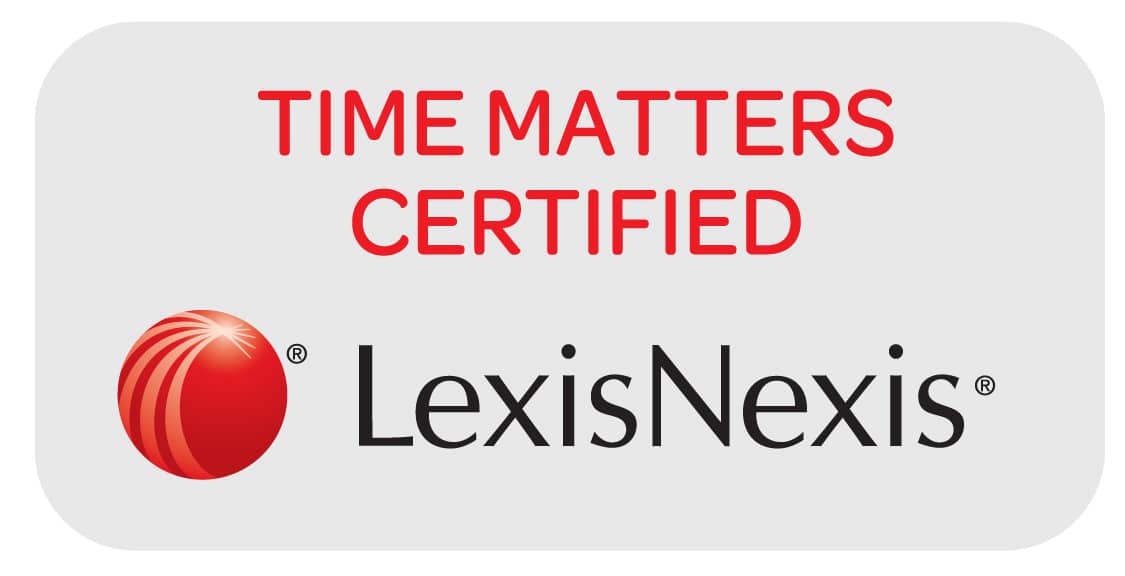
If you’re considering moving PCLaw to the Cloud (and you should be), its critical that you work with a company that is endorsed by LexisNexis and certified in their software.
Uptime Legal is the first LexisNexis Authorized Hosting Provider, and hosts PCLaw for hundreds of law firms across North America.
Our private cloud solution, Uptime Practice, will host your legal software, documents, data and email. It includes unlimited IT support–for your cloud, your software and your entire firm.
Eliminate servers and IT headaches. Secure your data. Work anywhere.
Frequently Asked Questions - PCLaw Support
In broad strokes, the PCLaw software suite offers:
- Client & Contact Management
- Case / Matter Management
- Time & Billing
- Simple Calendar
- Business Accounting
- Trust Accounting
- LexisNexis
When you purchase PCLaw and keep up your Annual Maintenance Plan (AMP), you are entitled to product support directly from LexisNexis. This support includes help desk support and access to the PCLaw online knowledge base and training materials.
- Certified Independent Consultants (CIC’s)
These are legal software and technology professionals that have obtained the training and certification necessary to implement, support and (in some cases) provide accounting work for and in PCLaw.
- Private Cloud
Finally, there’s a private cloud. A private cloud is the (often better) alternative to owning and managing onsite servers and IT.
A private cloud will host your PCLaw, other legal apps, documents and email on a single system that your firm can access anywhere… all without the headaches of managing onsite IT.
- PCLaw as a Cloud App – This your sole app that is accessible everywhere and is hosted on the cloud by your chosen provider.
- PCLaw in a Private Cloud – Your very own private cloud with all of your legal apps hosted for you.
- PCLaw as part of a Virtual Desktop – ALL of your apps are hosted for you, so you just have to login to your virtual desktop from anywhere, anytime.
- Hosting for PCLaw and your other legal software
- Cloud storage – a file-system for your files and folders
- Support for PCLaw and your legal software – including updates and maintenance
- Office 365 – for productivity
- Microsoft SQL Server — Required by Some Versions of PCLaw
- Exchange Email
- All necessary server maintenance, backups and security
- IT Help Desk support for your team
Private Clouds are so-called because every law firm (called a “tenant,” in cloud computing parlance), has their own segregated, dedicated working environment.
In most cases, that means:
- Dedicated/Private Virtual Servers
- Dedicated/Private Virtual Network (VLAN)
- Dedicated/Private Active Directory
- Dedicated/Private SQL Server/SQL Database
The Virtual Desktop enables your law firm’s software, which is typically only accessible from your work computer or when connected to your office’s servers, to be available from any computer worldwide.
Virtual Desktop solutions are sometimes also dubbed “Desktop-as-a-Service,” or DaaS, drawing a parallel with “Software-as-a-Service,” or SaaS.
Uptime Legal is the first LexisNexis Authorized Hosting Provider, and hosts PCLaw for hundreds of law firms across North America.
Our private cloud solution, Uptime Practice, will host your legal software, documents, data and email. It includes unlimited IT support–for your cloud, your software and your entire firm.
Uptime Practice:
The IT & Cloud Platform for Law Firms.
Uptime Practice is a suite of Managed IT and cloud services, made exclusively for law firms.
Practice Next
Technology + Legal Software Support for Modern Law Firms
Practice Next is a suite of Managed IT, Legal Software Support, and Cloud Essentials, made just for law firms.
-
Practice Next is a suite managed IT, technology essentials and legal software support.
-
Practice Next includes unlimited IT and legal software support, Microsoft 365, legal-centric cloud storage and more.
-
Practice Next pairs great with cloud-based legal software such as Clio Manage, CosmoLex, MyCase and more.
Practice Go
Cloudify Your Legal App
Does your law firm already have a cloud strategy, but have one premise-based application still running on onsite servers? Practice Go is for you.
- With Practice Go, we effectively turn your desktop/server- based legal software into a cloud application (a Published App), freeing your firm from the limitations of traditional software.
- Practice Go can cloudify your PCLaw, Time Matters, Tabs3, ProLaw, Juris, QuickBooks and more.
Practice Foundation
Complete Private Cloud for Law Firms
If your law firm needs a central, secure cloud platform for all of your legal software, documents and data, Practice Foundation is for you.
-
Practice Foundation is an end-to-end cloud platform that will host all of your firm's applications and documents, and will optionally include Office 365 + unlimited IT support. Everyone in your firm logs into a Virtual Desktop where they'll find all of their apps and docs.
-
Practice Foundation works with PCLaw, Time Matters, Tabs3, ProLaw, Juris, QuickBooks, Timeslips, TrialWorks, Adobe Acrobat and more.
Not Sure Which Edition You Need?
No problem. Check out our quick Comparison Chart for Uptime Practice, or Get in Touch to talk with our sales team.

Dennis Dimka
As the founder and CEO of Uptime Legal Systems, I've had the privilege of guiding our company to become a leading provider of technology services for law firms.
Our growth, both organic and through strategic acquisitions, has enabled us to offer a diverse range of services, tailored to the evolving needs of the legal industry.
Being recognized as an Ernst & Young Entrepreneur of the Year Finalist and seeing Uptime Legal ranked among the Inc. 5000 list of fastest-growing private companies in America for eight consecutive years are testaments to our team's dedication.
At Uptime Legal, we strive to continuously innovate and adapt in the rapidly evolving legal tech landscape, ensuring that law firms have access to the most advanced and reliable technology solutions.
Related Posts
April 1, 2024
The Financial Case for Cloud for Law Firms
March 8, 2024
25 Things To Ask Your Legal Private Cloud Provider
March 5, 2024
How to Use ProLaw in the Cloud in 2025
January 8, 2024
How to Use Orion Legal Software in the Cloud in 2025
January 8, 2024
How to Use Time Matters in the Cloud in 2025
January 8, 2024
How to Use Juris in the Cloud in 2025
January 8, 2024
How to Use Tabs3 in the Cloud in 2025
January 8, 2024
How to Use TrialWorks in the Cloud
January 8, 2024
How to Use PCLaw in the Cloud in 2025
January 8, 2024
How to Use Timeslips & QuickBooks in the Cloud in 2025
December 15, 2023
PCLaw: Complete Review, Features, Pricing
December 15, 2023
How to Use Worldox in the Cloud in 2023
December 15, 2023
7 Reasons Your Law Firm Should Consider Tabs3
December 15, 2023
ProLaw Workspace – Review & Guide for Law Firms
December 15, 2023
TrialWorks – An Uptime Legal Review
December 15, 2023
Cybersecurity for Law Firms
December 8, 2023
Managed Cloud Services for Law firms
October 24, 2023
AWS for Law Firms: A Complete 101
October 4, 2023
Azure for Law Firms: A Complete 101
September 28, 2023
Best Law Practice Management Software (2025)
September 5, 2023
Juris Support – How to Get Help for Juris
August 30, 2023
Tabs3 Support – How to Get Help for Tabs3
August 23, 2023
ProLaw Support – How to Get Help for ProLaw
July 20, 2023
Private Cloud 101 for Law Firms
March 8, 2023
What is Legal Document Management?
February 24, 2021
Uptime Legal Joins the Thomson Reuters Marketplace
November 18, 2019
Best Legal Practice Management Software for 2021
September 16, 2019
The Financial Case for Cloud for Law Firms
June 17, 2019
Law Firm IT – What Are Your Options?
January 28, 2019
PCLaw® Go – An Uptime Legal Review
January 7, 2019
Time Matters® Go – An Uptime Legal Review
December 4, 2018
Aderant Review – by Uptime Legal
October 24, 2017
